
Where it becomes possible to detect messages traveling back through time.Indeed, what is time, but something that can create minds?
Thereby making it possible to learn from distant descendants
how to transform the structure of our current space-time,
into structures even better suited for mind and intelligence [2].
Among the strange phenomena was the sense of time stopping...Time is apparently something that is happening in our minds?
Things were happening in my mind, but the clock was not going ahead;
the flow of time was not passing any more.
It was a total subversion of the structure of reality [3].
If I were to ask: Are these two stones at the same height?I.e. in special relativity, we have that two events occurring far apart,
In interplanetary space, the correct answer would be, that the question doesn't make any sense...
Because there is no single notion of same height, throughout the Universe.
Similarly, if you ask whether two events are happening at the same moment, the correct answer is that it doesn't make sense, because there is no such thing as same moment throughout the Universe...
Explain time? Not without explaining existence!Perhaps now then?
Explain existence? Not without explaining time!
To uncover the deep and hidden connection between
time and existence...
Is a task for the future...
There is nothing mysterious about the absence of time in the fundamental equations of quantum gravity...According to Rovelli, time ''appears'', because we can't see the many, many details of the quantum level/world.
Such theories describe how things change,
one in respect to the others, how things happen in the world in relation to each other...
The movement of bodies is described in relation to other bodies.
Time holds no priviledged position.
Change is more important [5].
Variables evolve with respect to each other. It is a world of events rather than of objects.
The physical interactions between the part of the world to which we belong, and the rest, are blind to these too many variables...
It is not possible for us to register all the quantum fluctuations going on at any one moment, so our interaction with the world becomes partial; we see a blurred version of it.According to Rovelli:
We take things that emerge at scale and think of them in terms of concepts that are meaningful.
So, in a world without time, we seem to create it...
– and that process is highly personal.
This opens up the possibility that it wasn't the Universe that was in particular configuration in the past...Indeed:
...
Perhaps it is us, and our interactions with the Universe that are particular.
...
We are the ones who determine a particular macroscopic description?
The initial low entropy of the Universe, and hence the arrow of time (springing from this), may be more down to us, than to the Universe?
...
If a subset of the Universe is special in this sense:
Then for this subset, the entropy of the Universe is low in the past,
the second law of thermodynamics obtains, memories exists, traces are left
- and there can be life and thought...
What makes the world go around is not energy, but low entropy.
Where we belong to a part of the world
where spacetime has a dimension called time, and where entropy grows...
Inside our heads this then becomes a new approximation,According to Andrew Jaffe, in Nature:
an approximation on an approximation, where time is uniform,
universal and ordered.
So, time for us is a multilayered, complex concept with multiple distinct, propertities deriving from various different approximations.
Not recognizing time as this multilayered, complex phenomenon is what causes a lot of the confusion about time, according to Rovelli.
Rovelli reconstructs how our illusions have arisen, from aspects of thermodynamics and quantum mechanics. He argues that our perception of time's flow depends entirely on our inability to see the world in all its detail [6].Time itself disappears at the most fundamental level...
-Simon
Simon Laub (Let me Google that for you).
www.simonlaub.net

To be more precise, the distribution of matter in the Universe looks a little like the ''connectome'' (The network of nerve connections in the human brain). Neurons in the human brain, too, form clusters, and they connect by axons, that are long nerve fibers which send electrical impulses from one neuron to another.Here, she is in line with researchers Vazza and Feletti,
This means if the Universe is thinking, it isn’t thinking very much...[7].Because, as far we know, there is such a thing as ''locality'' in the Universe.
It could be that space itself has many more connections than we observe, non-local ones, not unlike portals: You go in one end and are instantaneously teleported to a different place [7].
These non-local connections would have to be very small tough, too small for us, or even elementary particles to go through – otherwise we’d have noticed already.E.g. some physicists have speculated that e.g. ''dark matter'',
But they would still connect space with itself.
This way, two places we think are at opposite ends of the universe might be very close to each other [7].
The idea that the universe is intelligent is compatible with all we know so far [7].There is no evidence against it...
It also opens our minds to new possibilities, new sources of wonder, and new ways to make sense of our own existence.The Universe might think...
Currently, it is not supported by evidence and it might never be.Indeed, the idea that the Universe might be doing some kind of ''thinking'' is not new.
But it not contradicted by evidence either.
Physically realized as e.g. spin of the electron, where quantum mechanics allows the Qubit to be in a superposition of two states simultaneously [10].Which eventually leads to new ways to do computations, in Quantum Computing.
Tthe universe is indistinguishable from a quantum computer. The Universe supports quantum computation and can be efficiently simulated by a quantum computer.Back then (when this came up, in comments to Lloyds book, and earlier), I suggested that we should take it a step deeper (further), and consider how to calculate with SpaceTime itself.
Still, working at scales where there is no (making sense of) causality?
A quantum gravity computer might end up seeing its result before running its algorithms.
It is essential the same as a quantum computer strapped to a timemachine [11].
It's hard to come up with any plausible way to make quantum computers more powerful that wouldn't make them absurdly more powerful [12].In the words of Lucien Hardy, there is a problem here:
A lack of conceptual clarity about what would constitute inputs and outputs that prohibits the development of a theory of quantum gravity computation [13].But there is also potential:
Allowing us to define a new class of computers which may have greater computational powers because they may be able to harness the indefinite causal structure as a computational resource [14].There might be some thinking going on here...
-Simon
Simon Laub (Let me Google that for you).
www.simonlaub.net

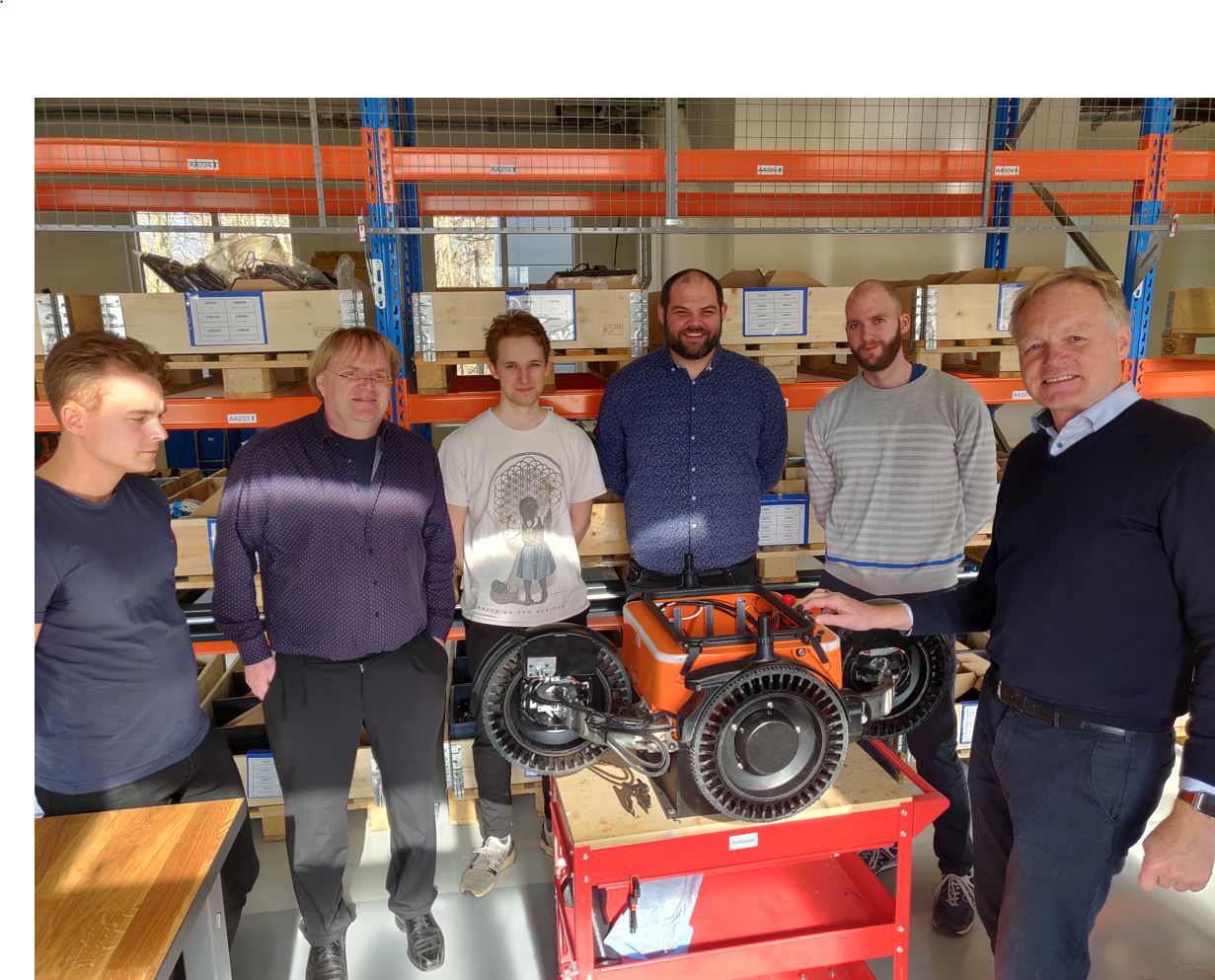




-Simon
Simon Laub (Let me Google that for you).
www.simonlaub.net

I stedet for at bruge den sidste uge før studiestart på afslapning, har 20 It-studerende fra Erhvervsakademi Aarhus valgt at bruge ugen på at bygge robotter. Det er en del af en ny strategi, der skal opmuntre de studerende til at være mere selvstændige [15].

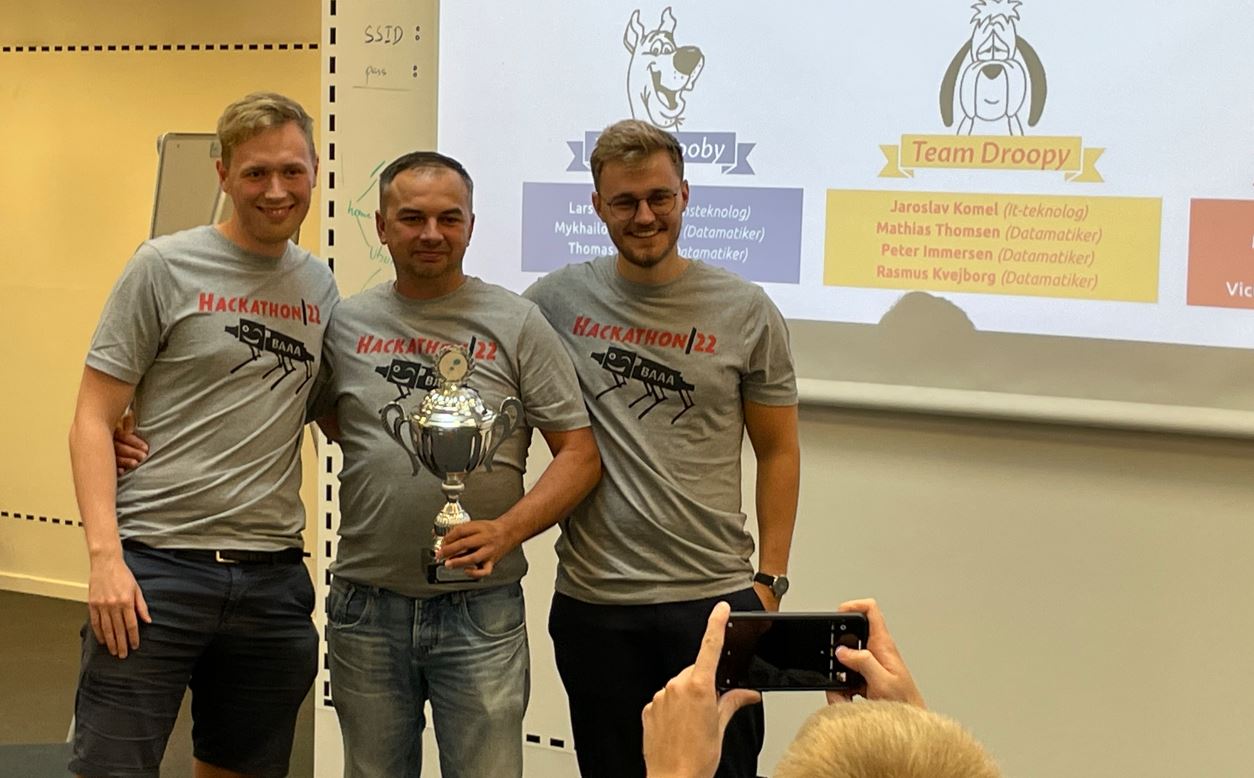
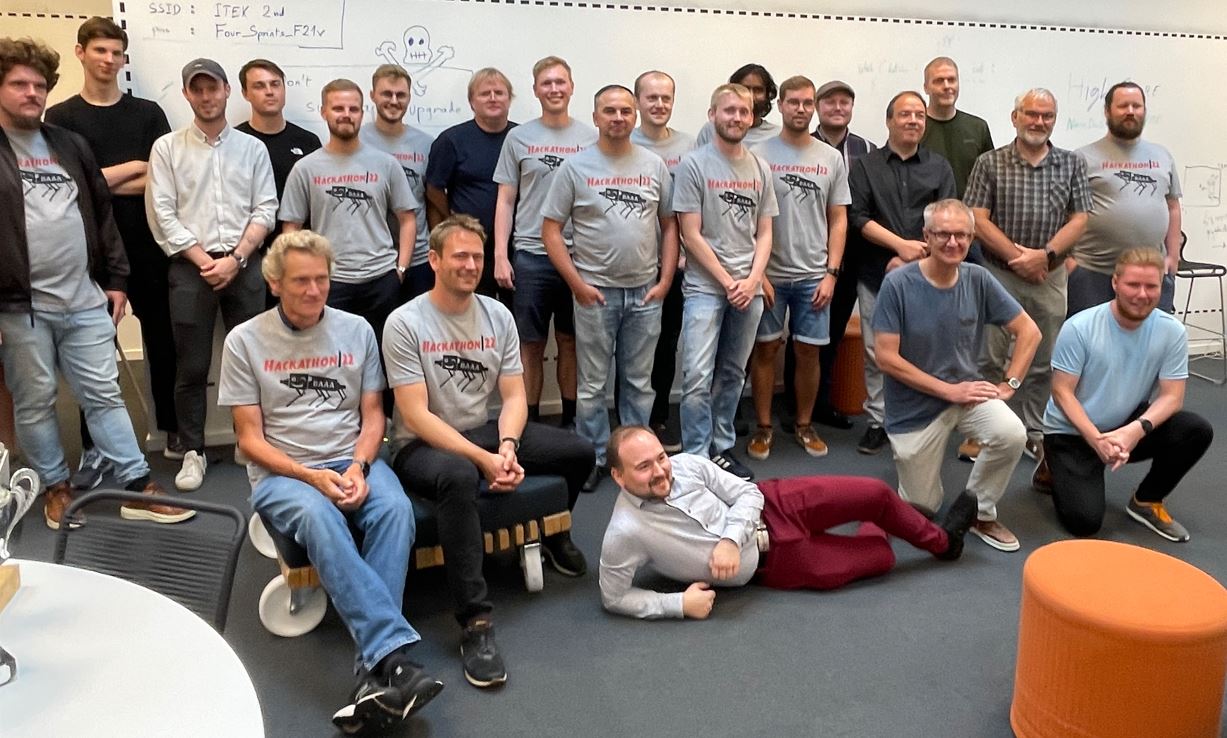
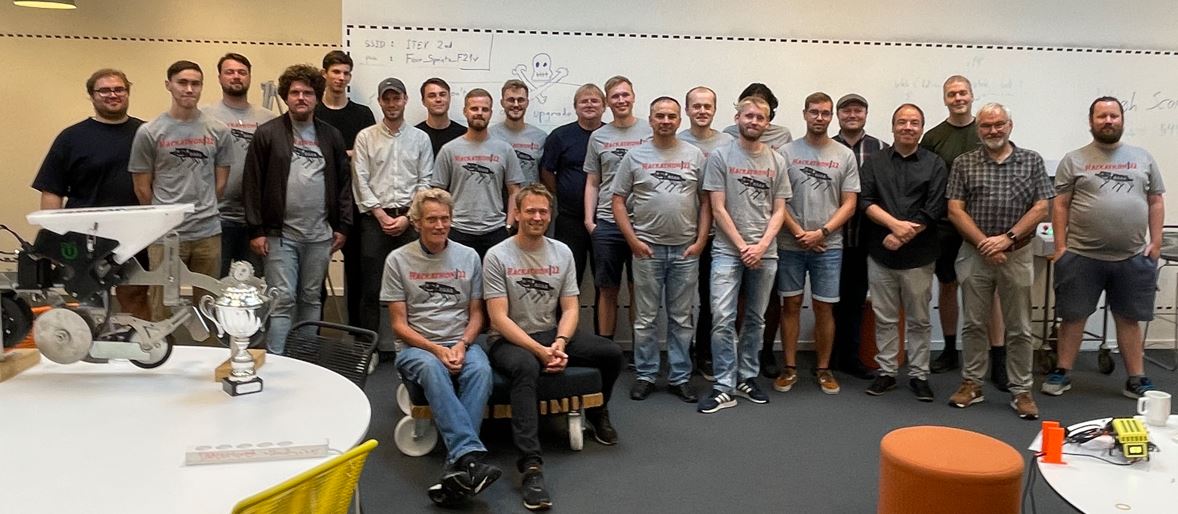



-Simon
Simon Laub (Let me Google that for you).
www.simonlaub.net
Pong is a game environment provided on the OpenAI ''Gym'' platform.Interestingly, Reinforcement Learning with Policy Gradients can learn how to play Pong...
In the game, a player controls an in-game paddle
by moving it vertically across the left or right side of the screen [16].

-Simon
Simon Laub (Let me Google that for you).
www.simonlaub.net

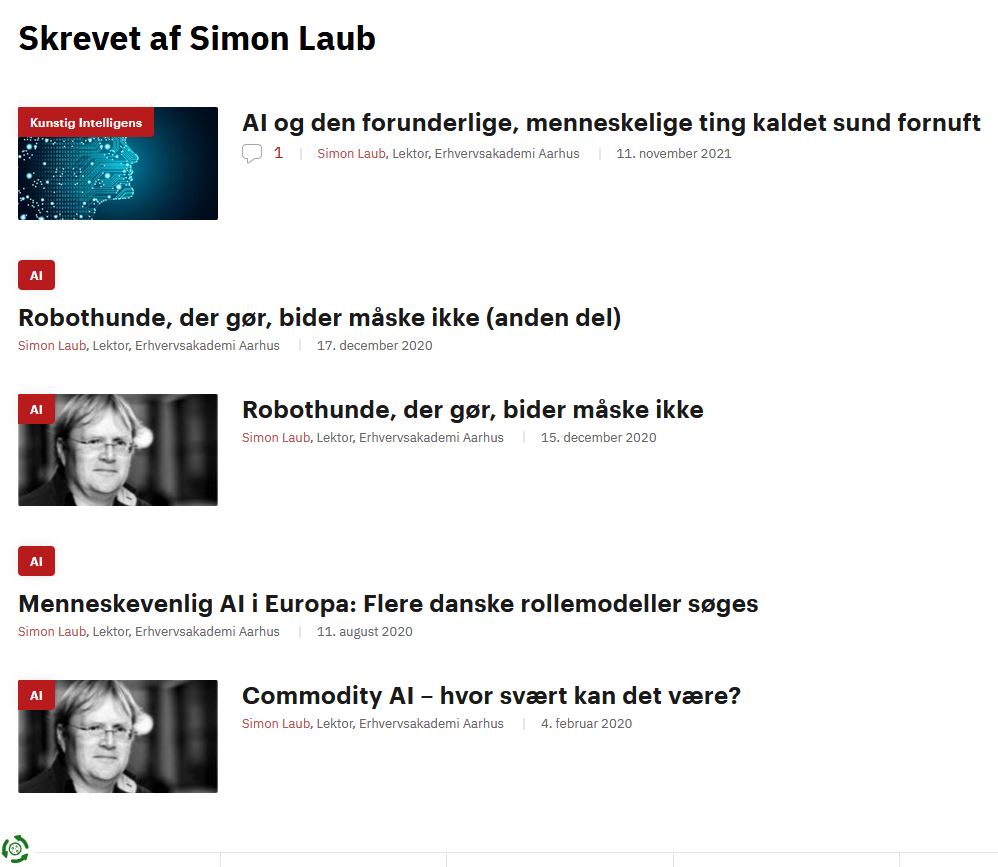
-Simon
Simon Laub (Let me Google that for you).
www.simonlaub.net
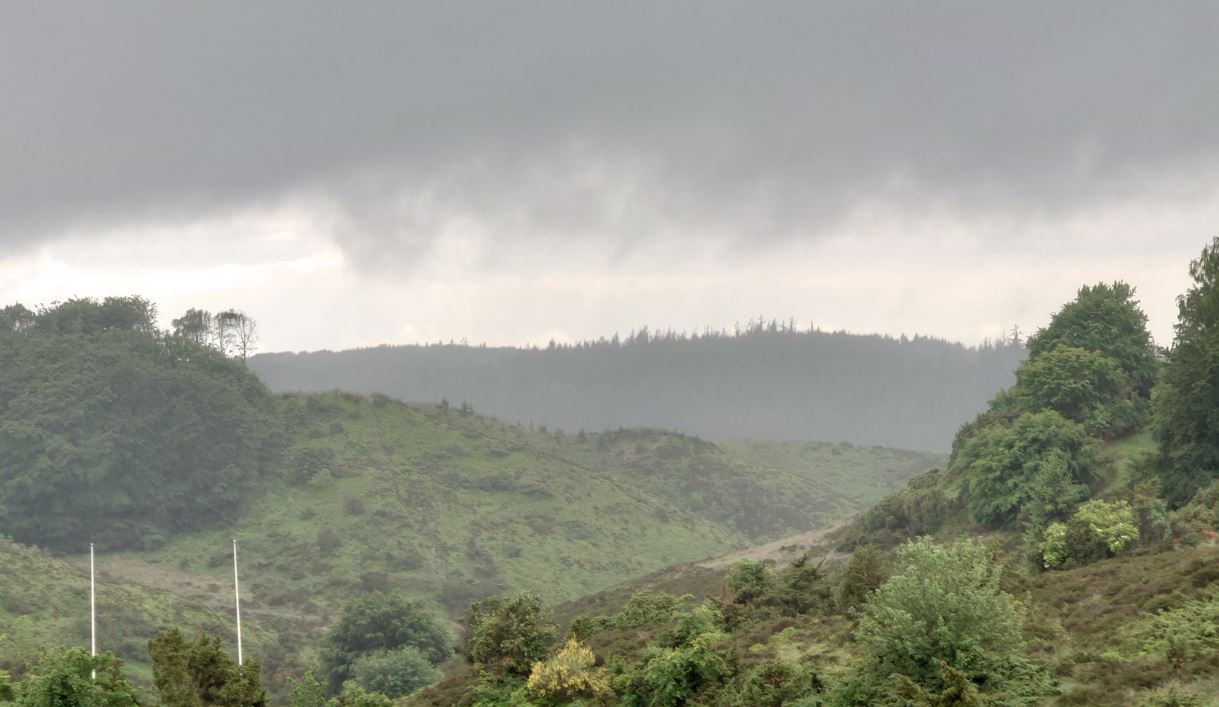
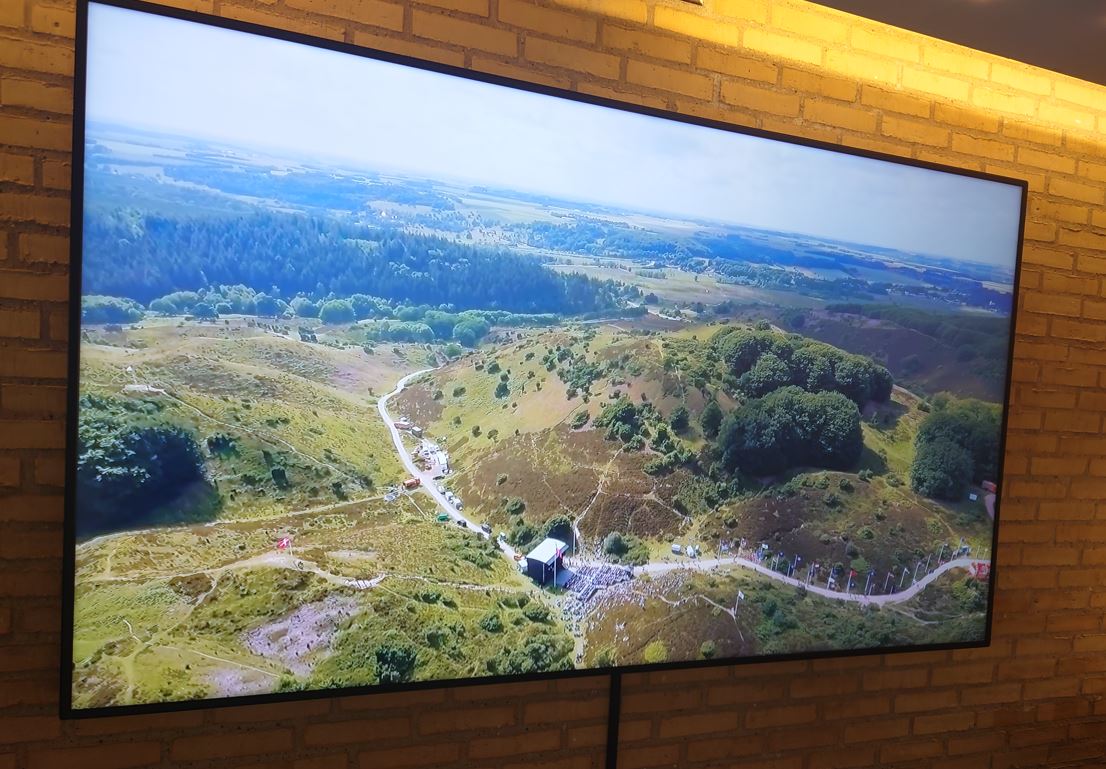

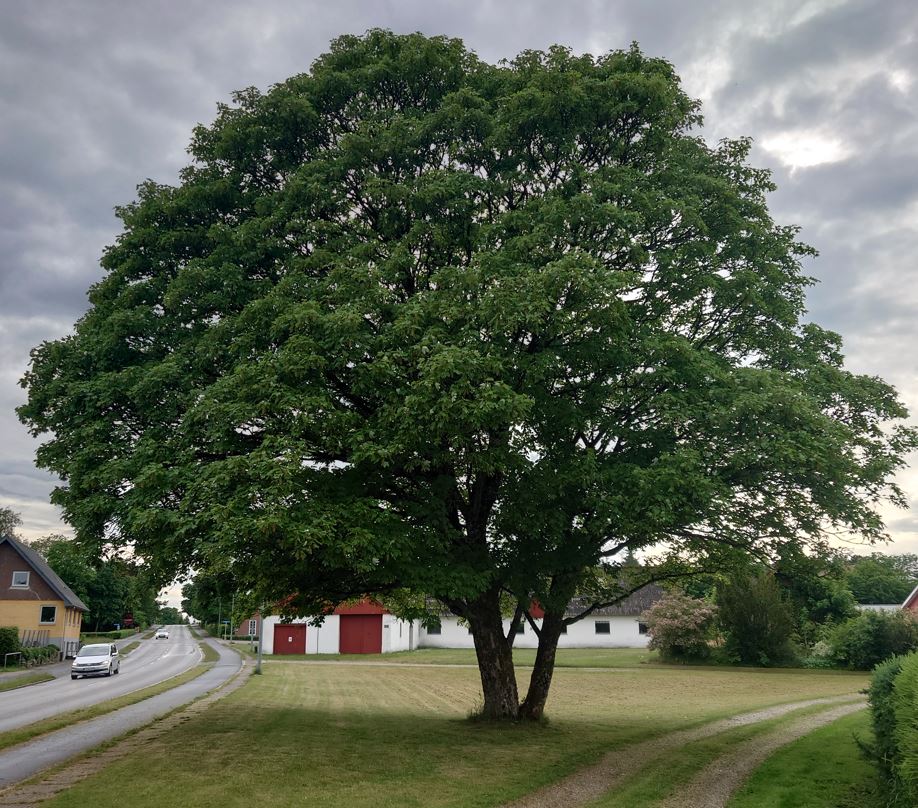
-Simon
Simon Laub (Let me Google that for you).
www.simonlaub.net
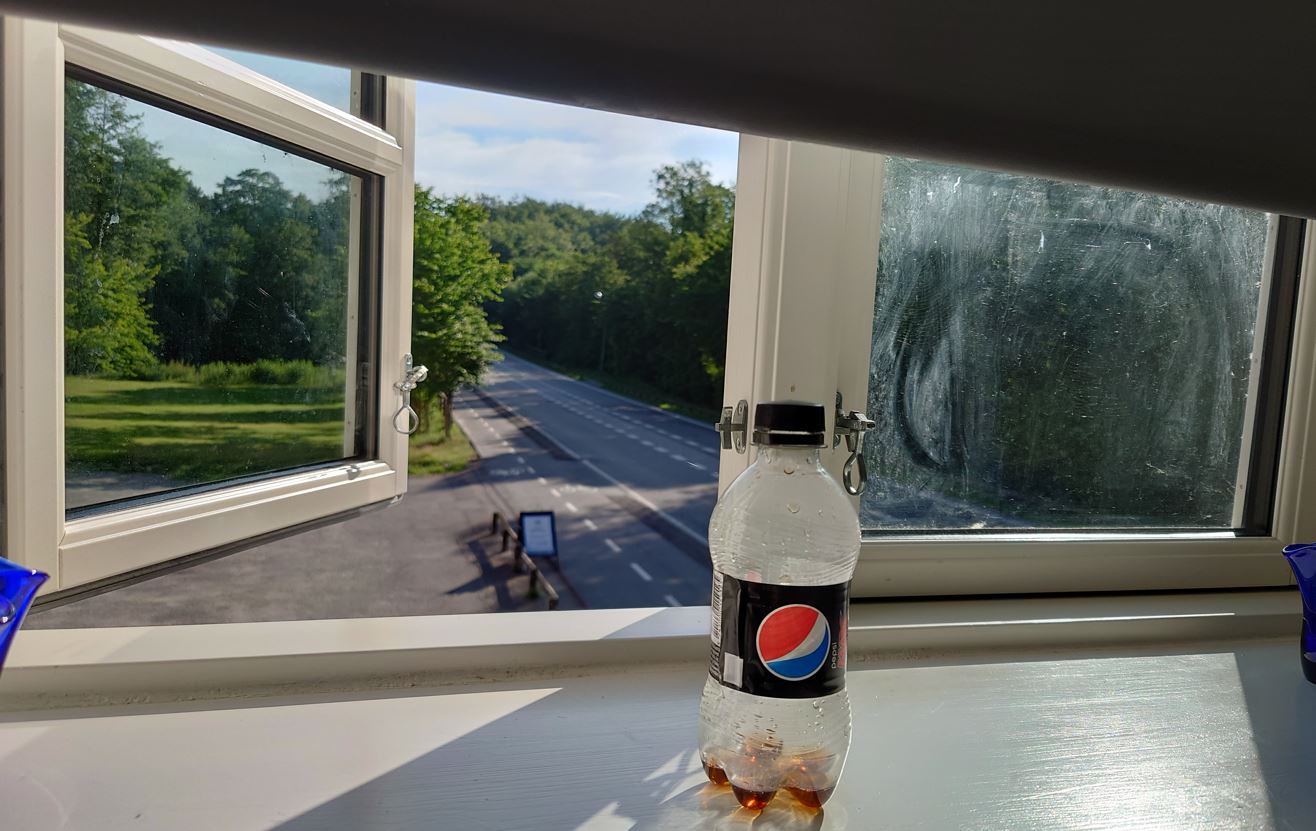
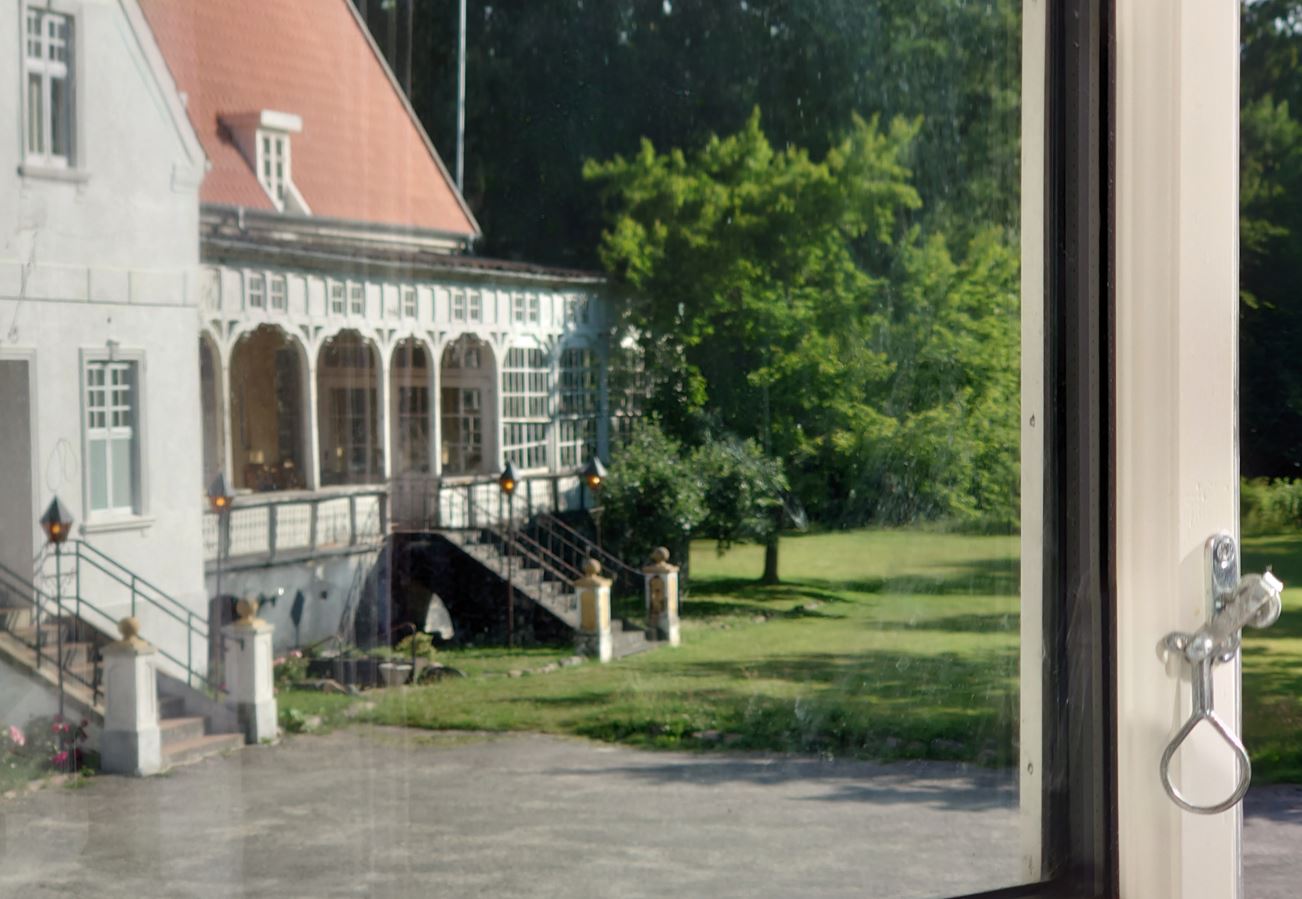
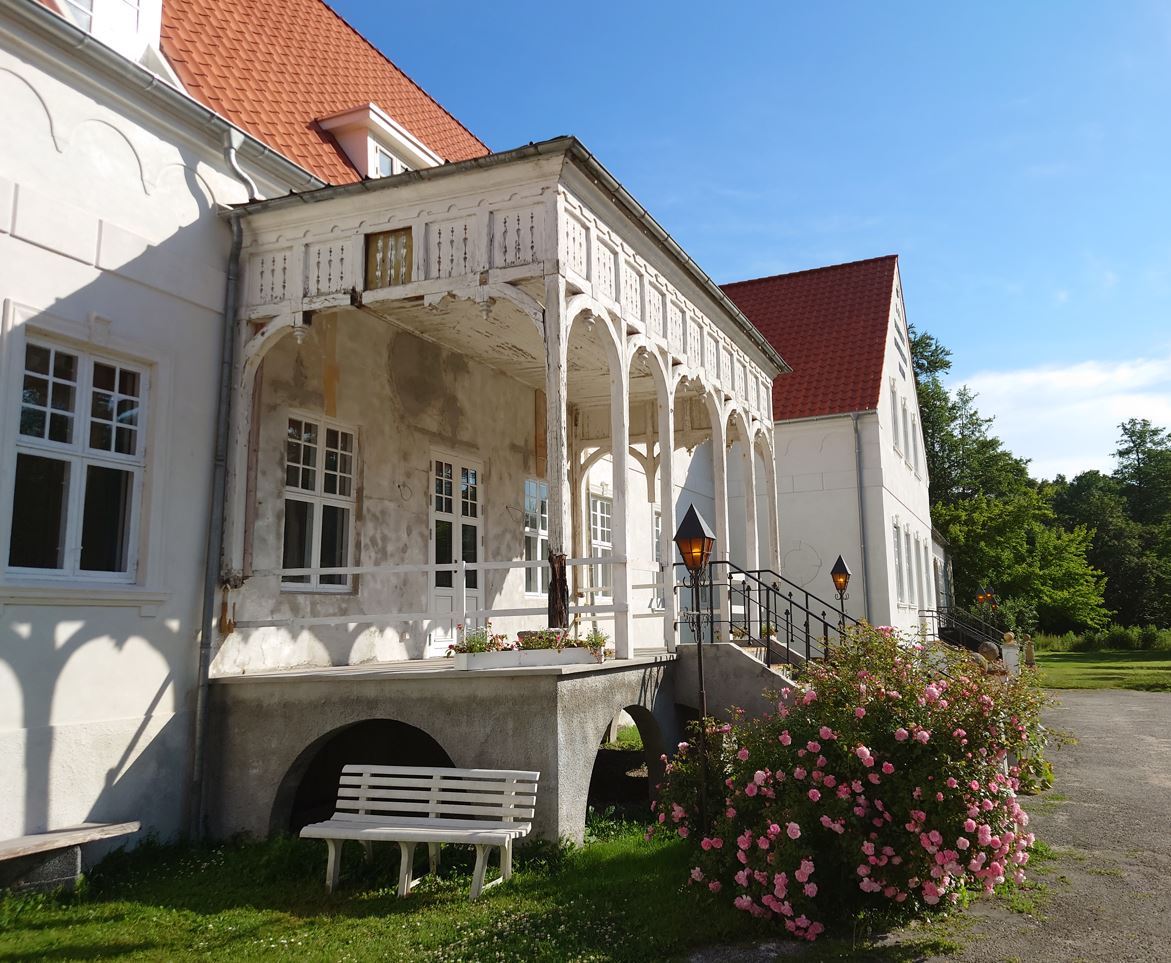
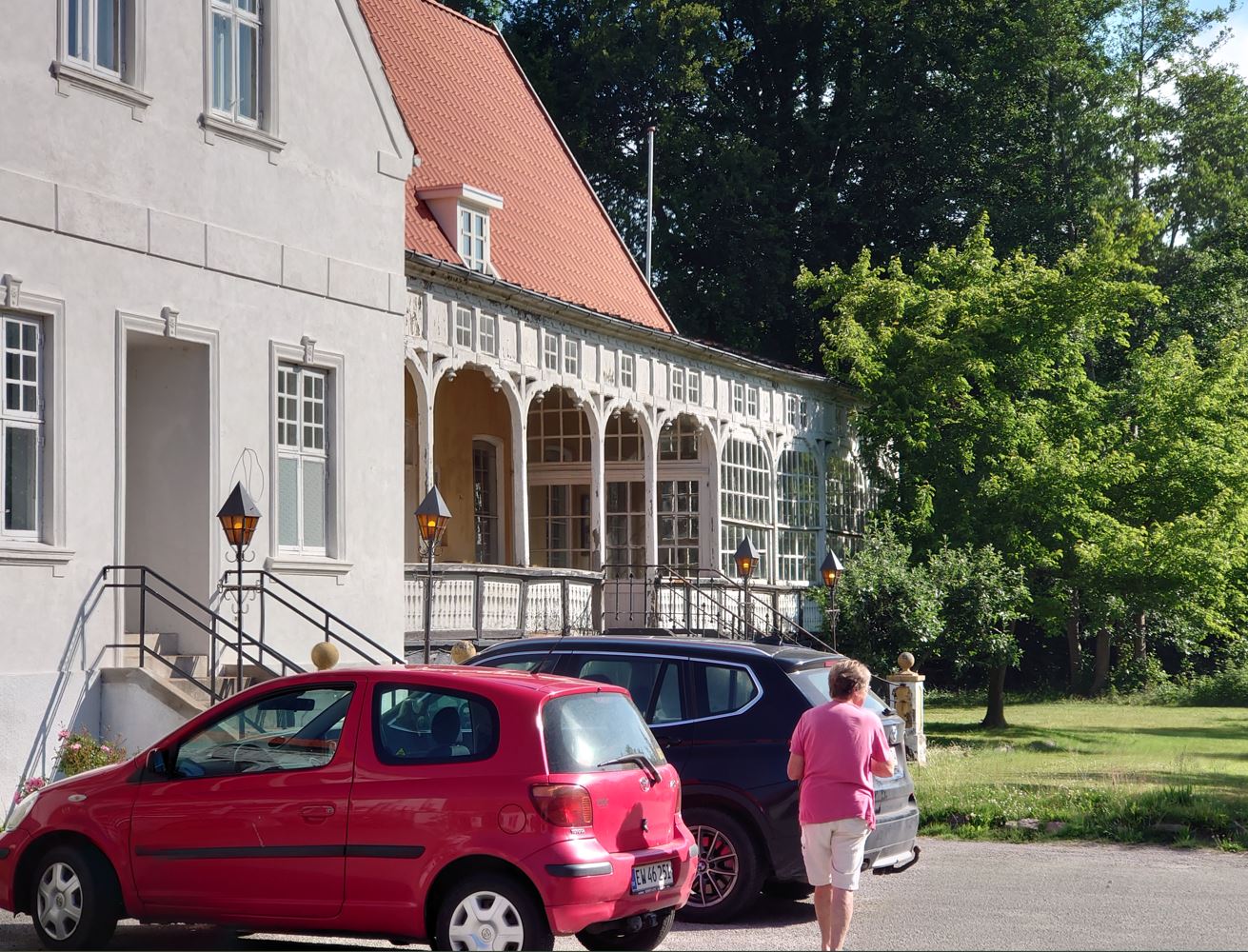



-Simon
Simon Laub (Let me Google that for you).
www.simonlaub.net

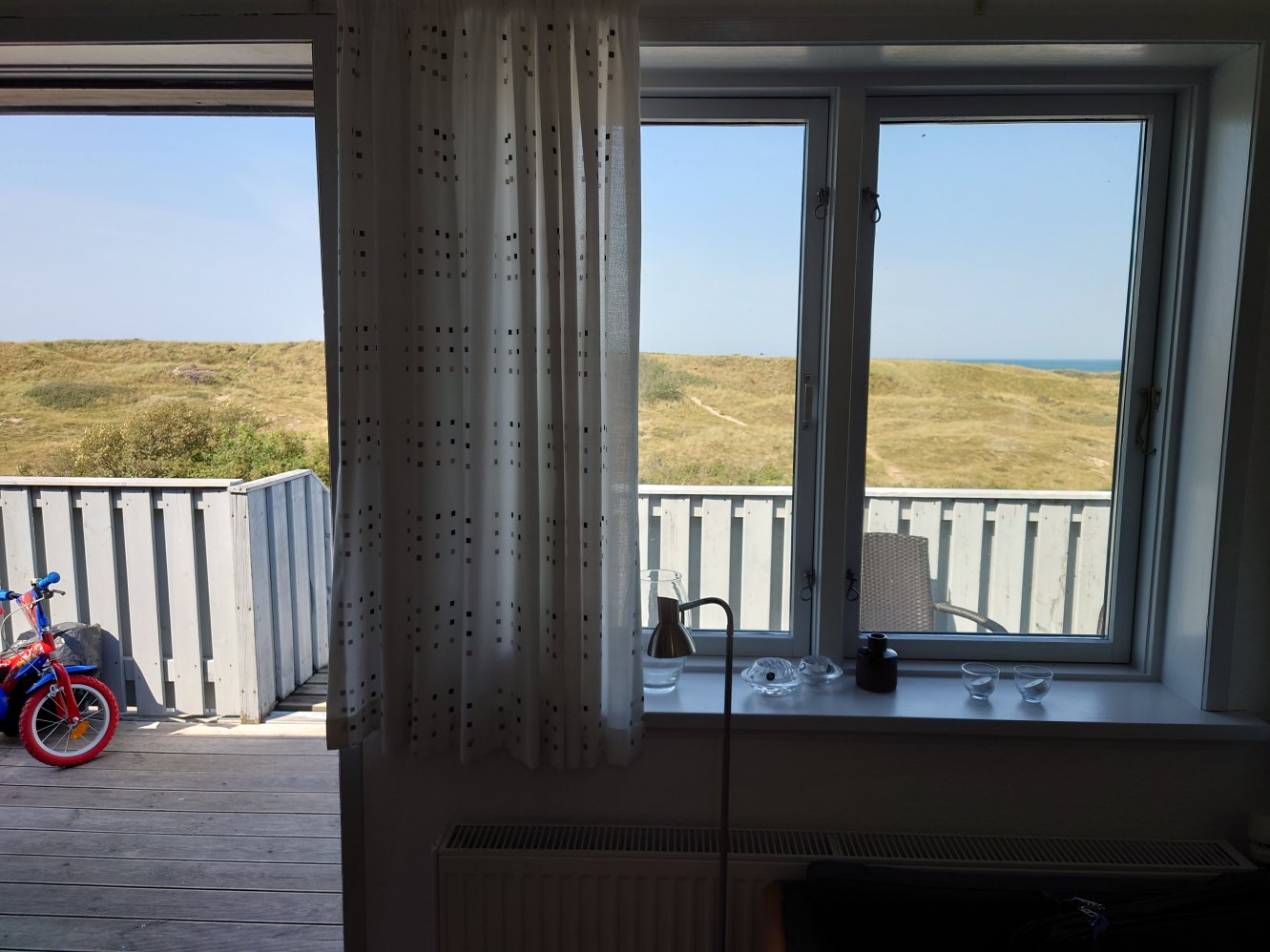
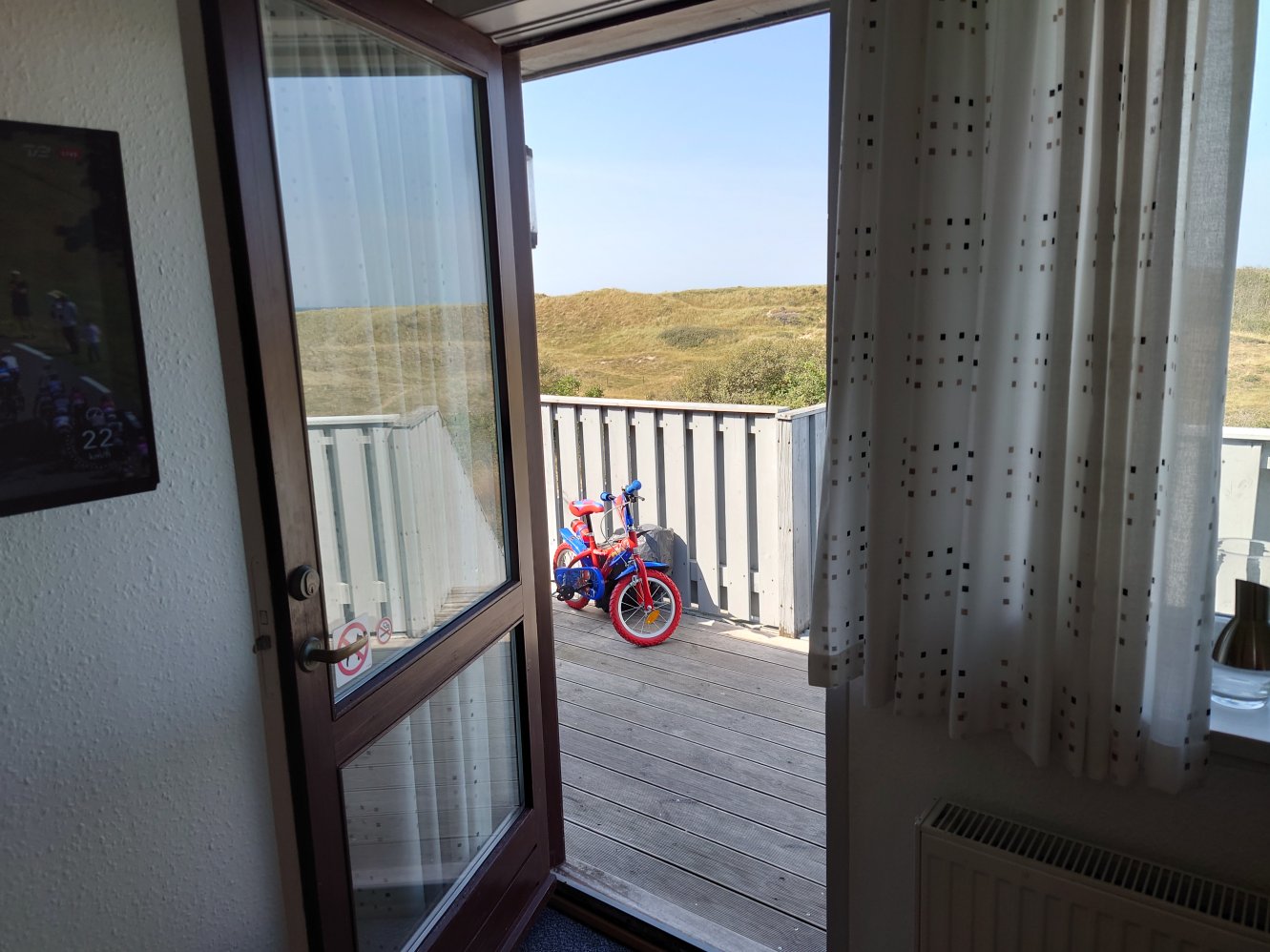


-Simon
Simon Laub (Let me Google that for you).
www.simonlaub.net



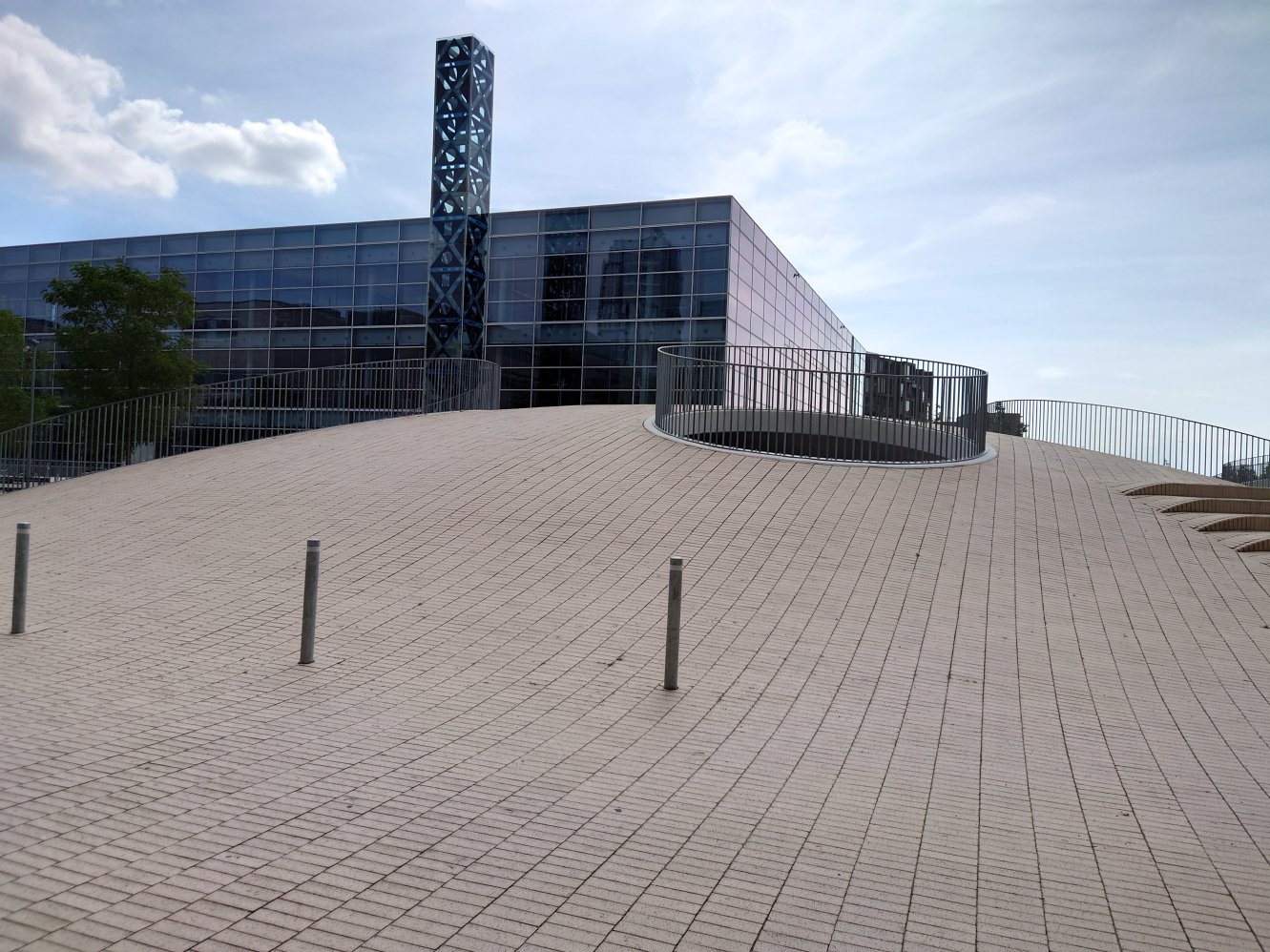
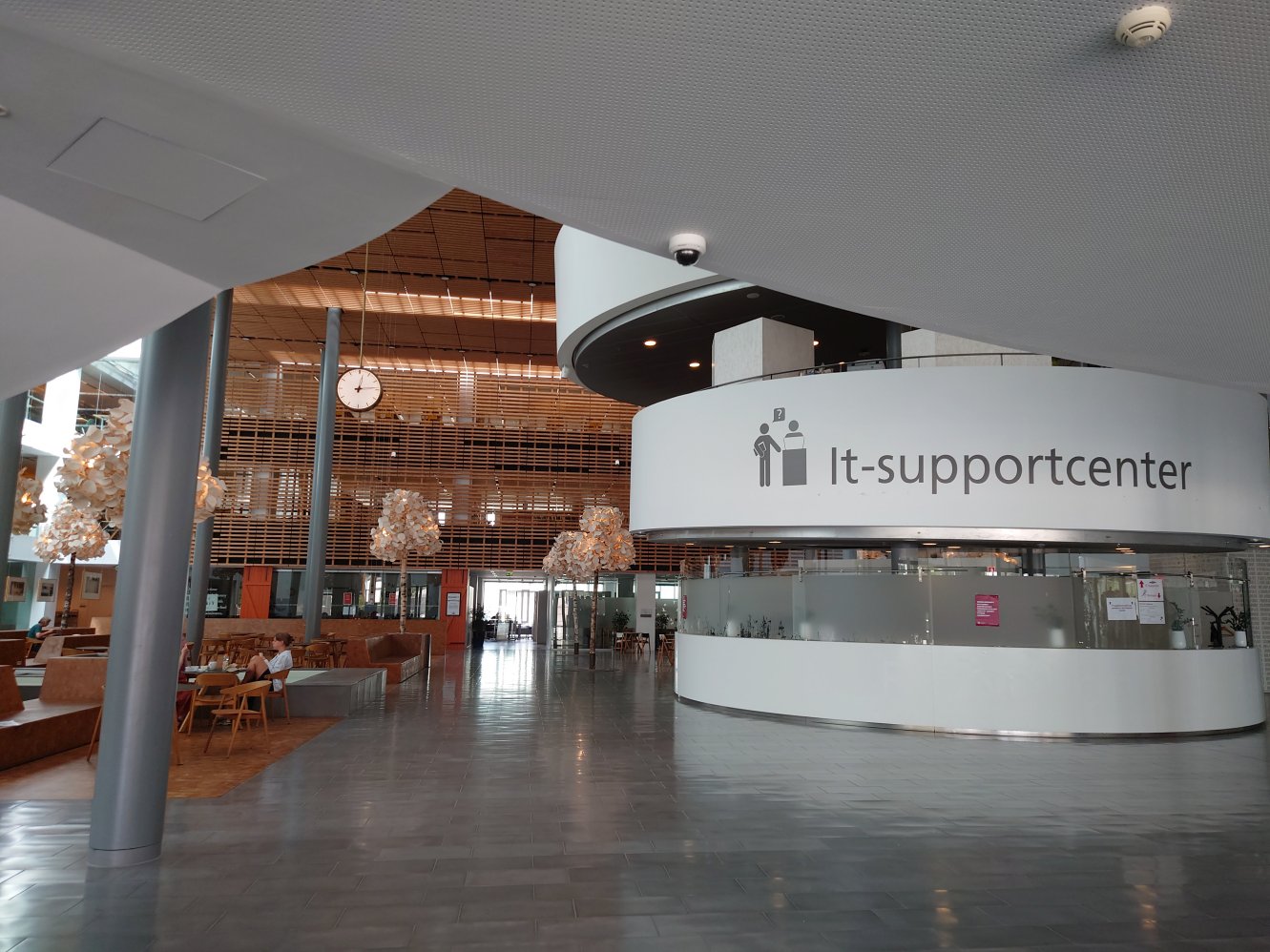
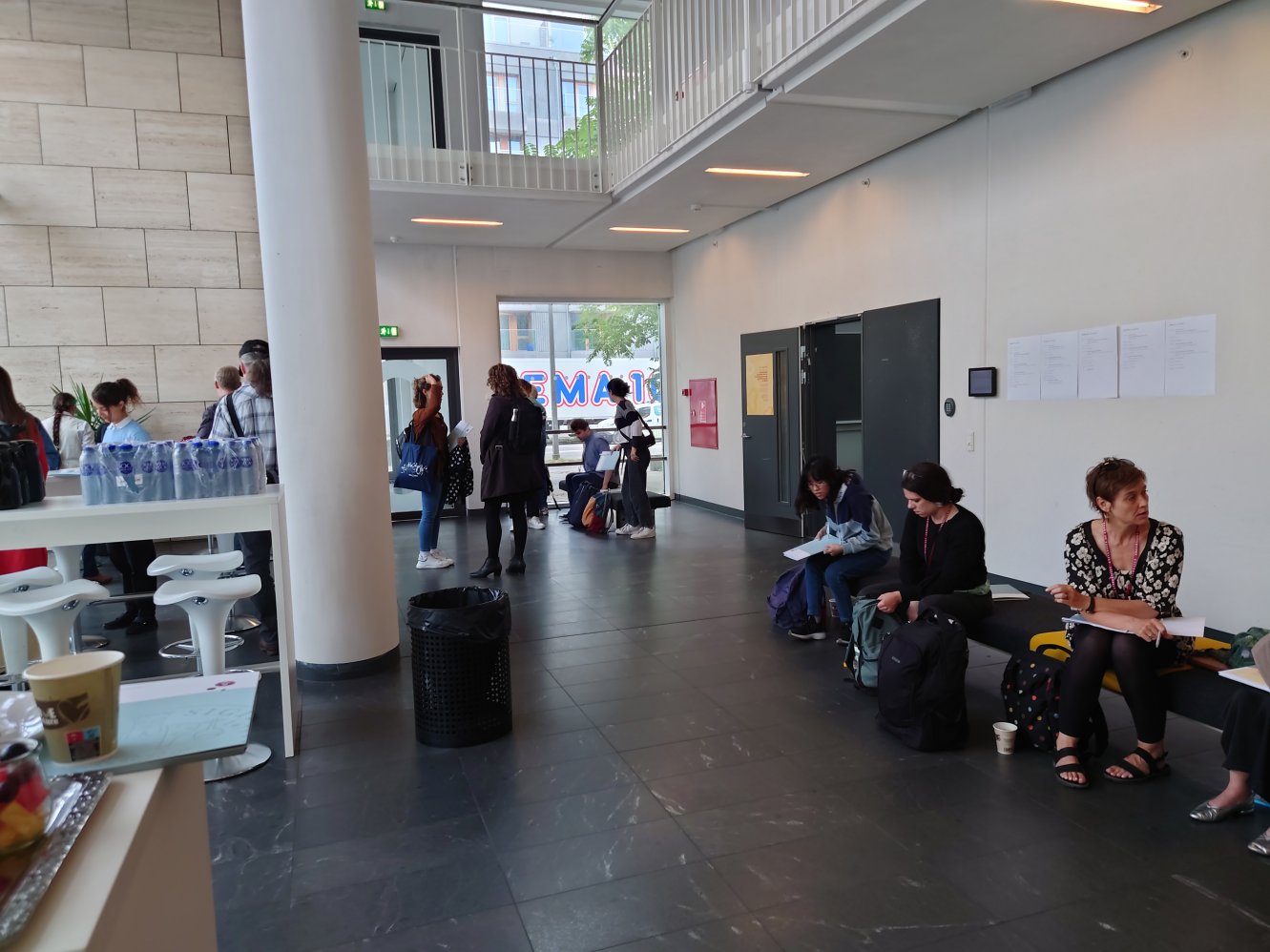

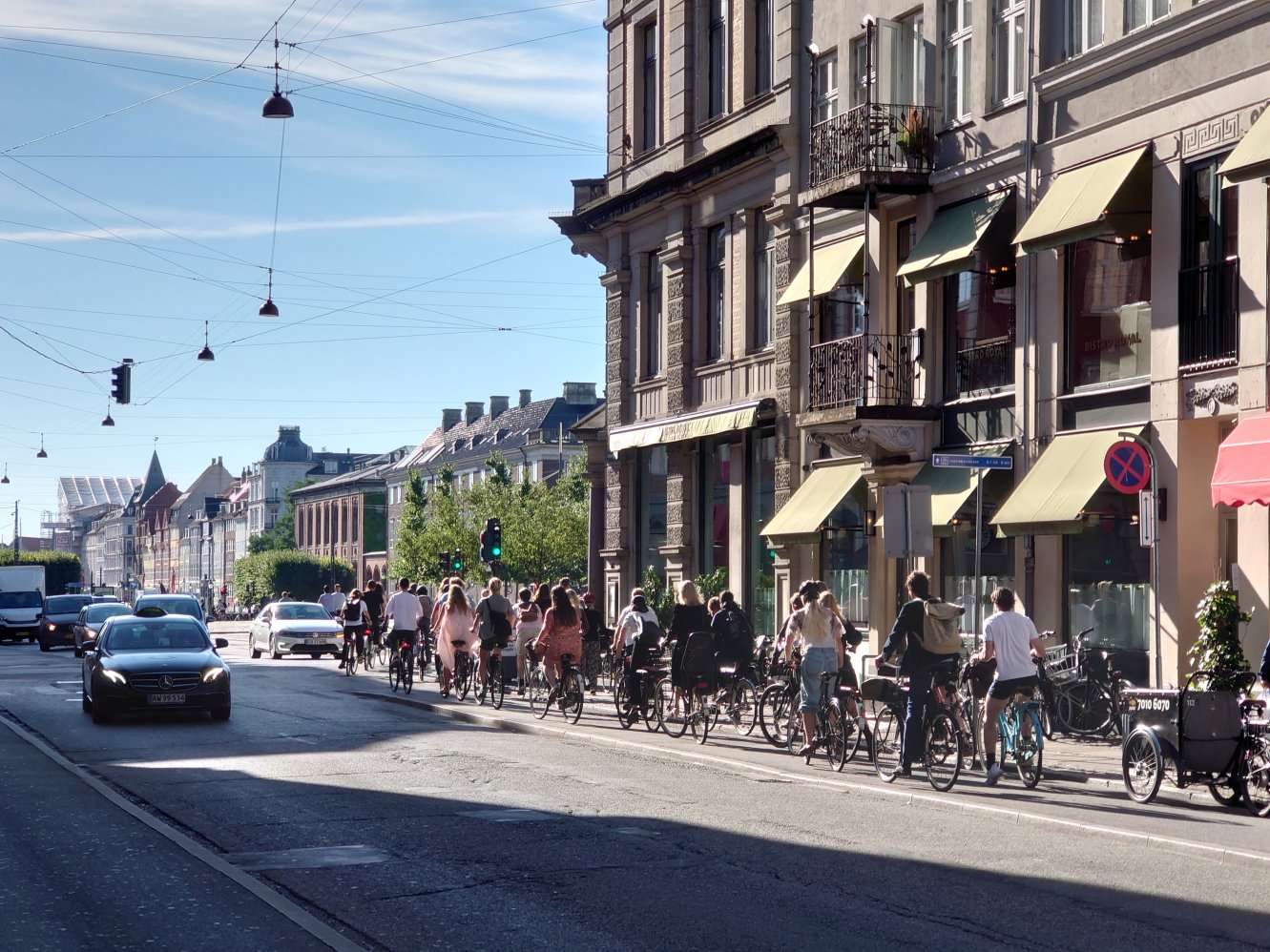

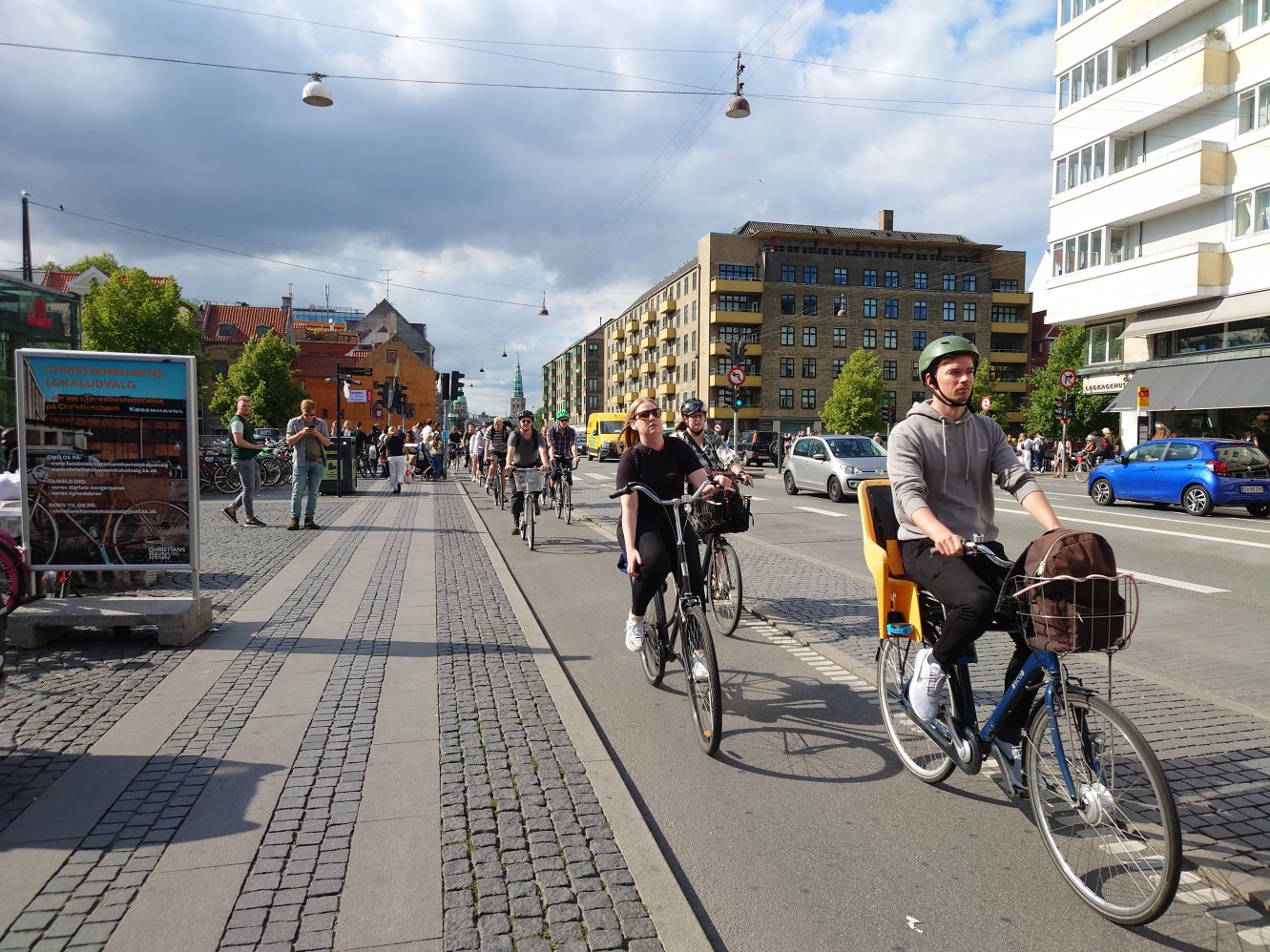
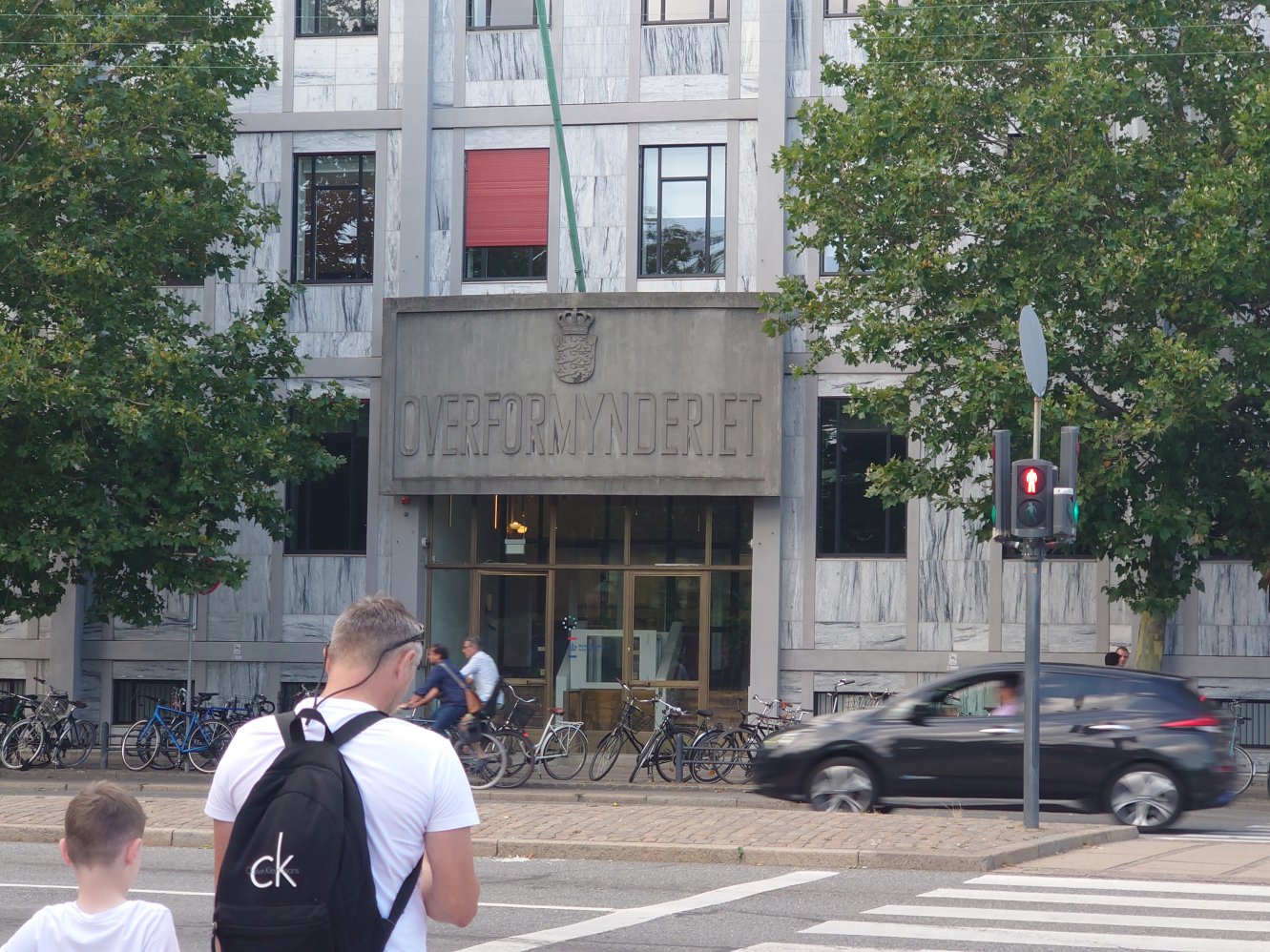


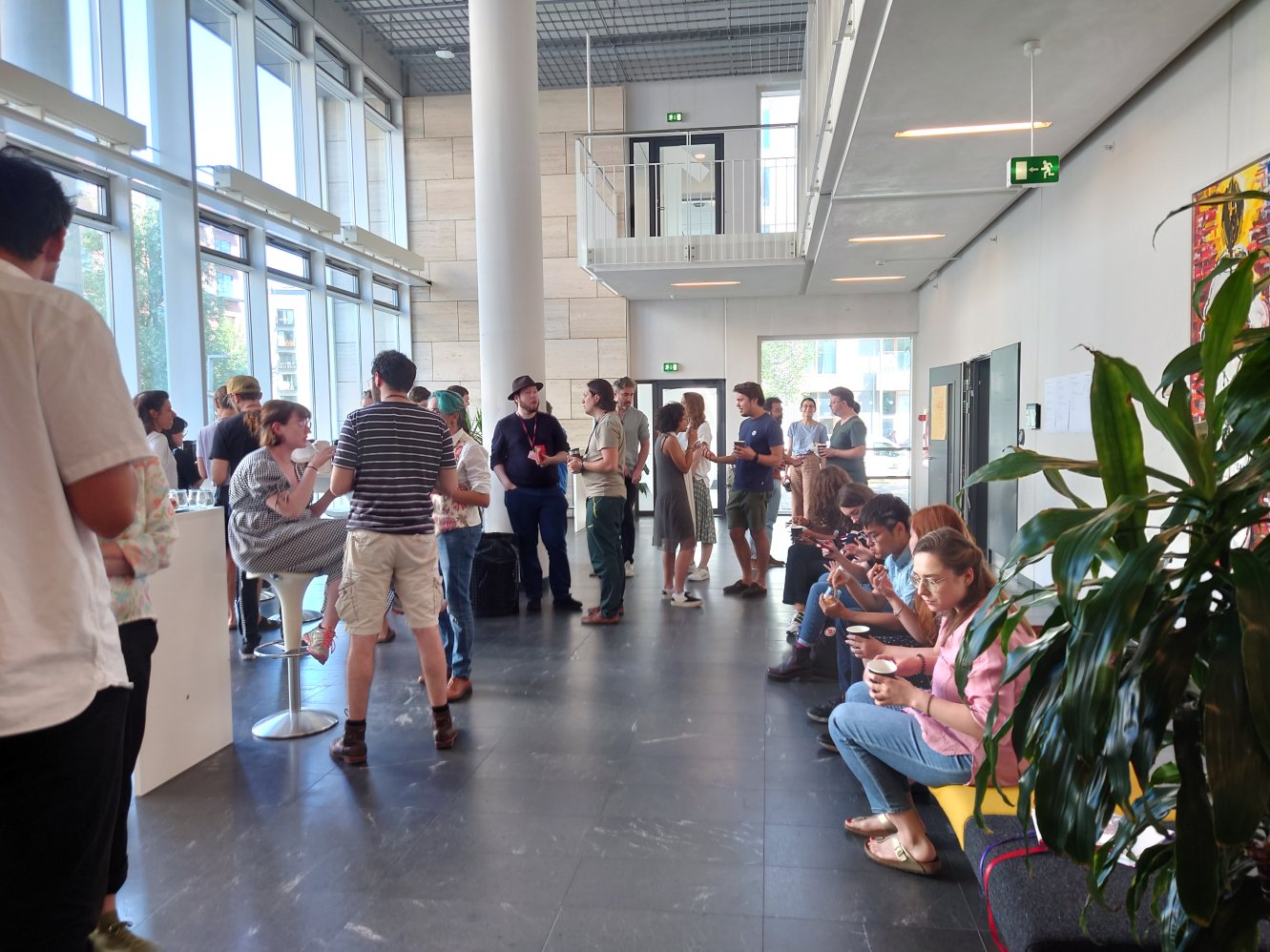

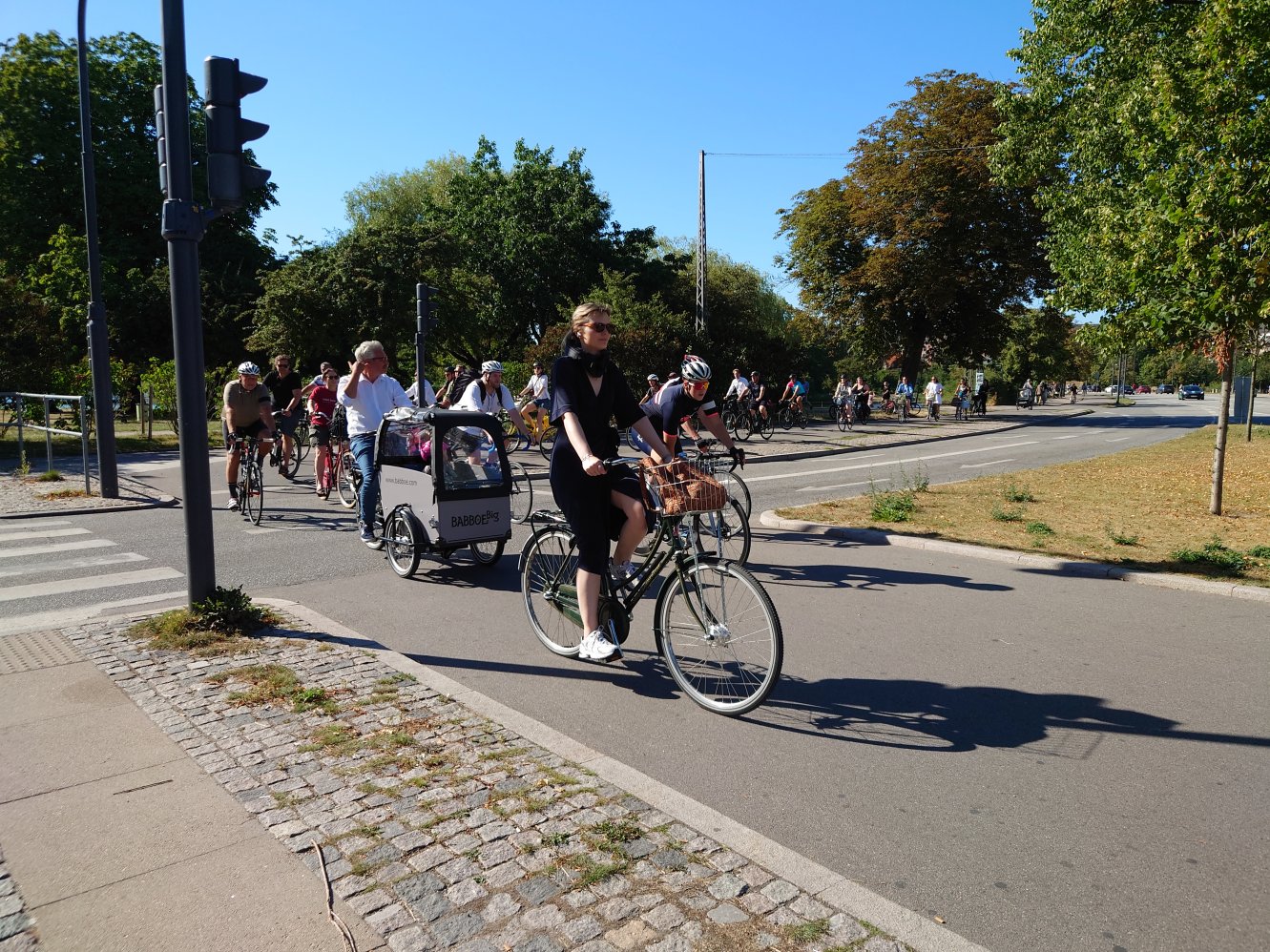
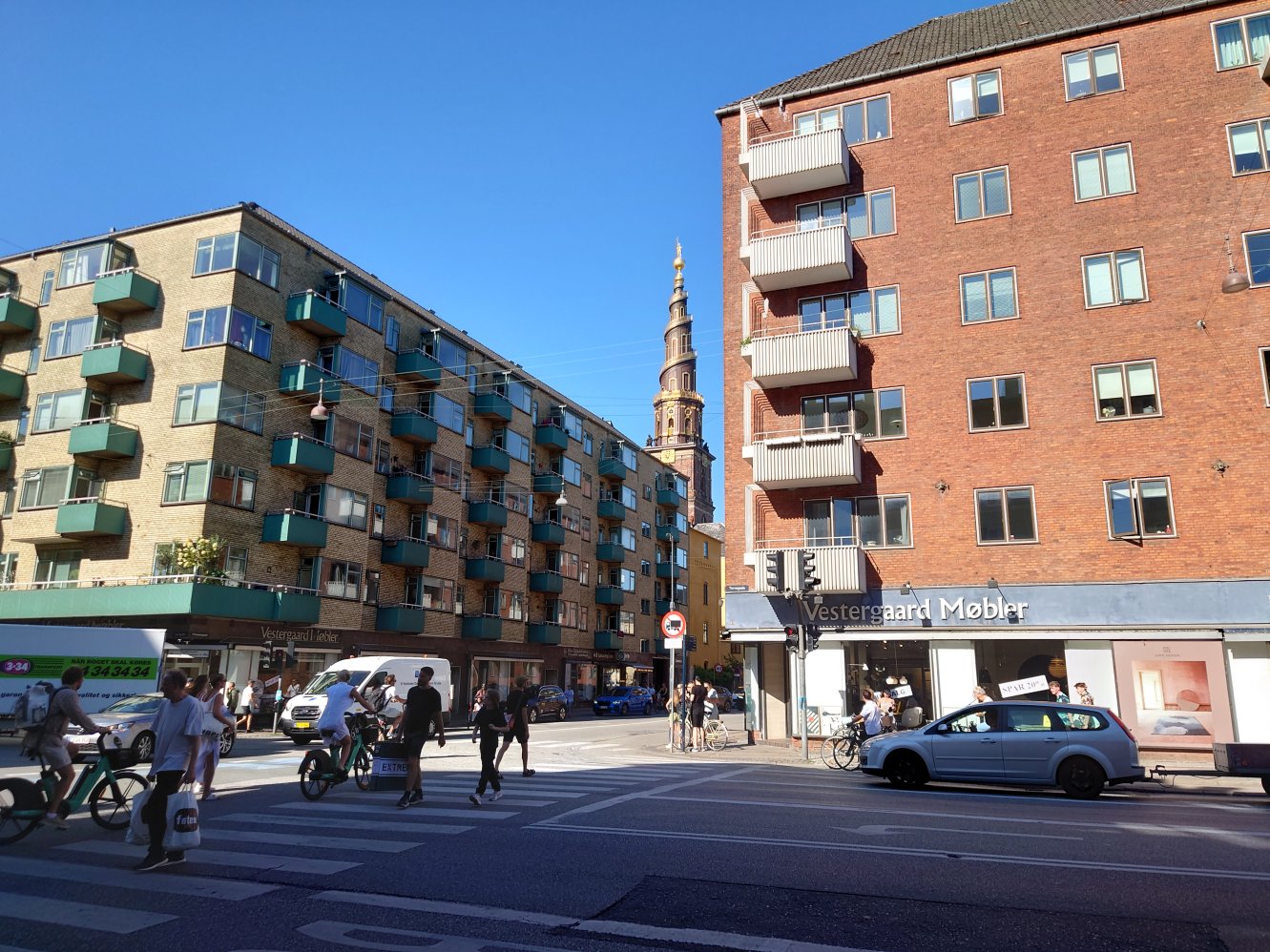
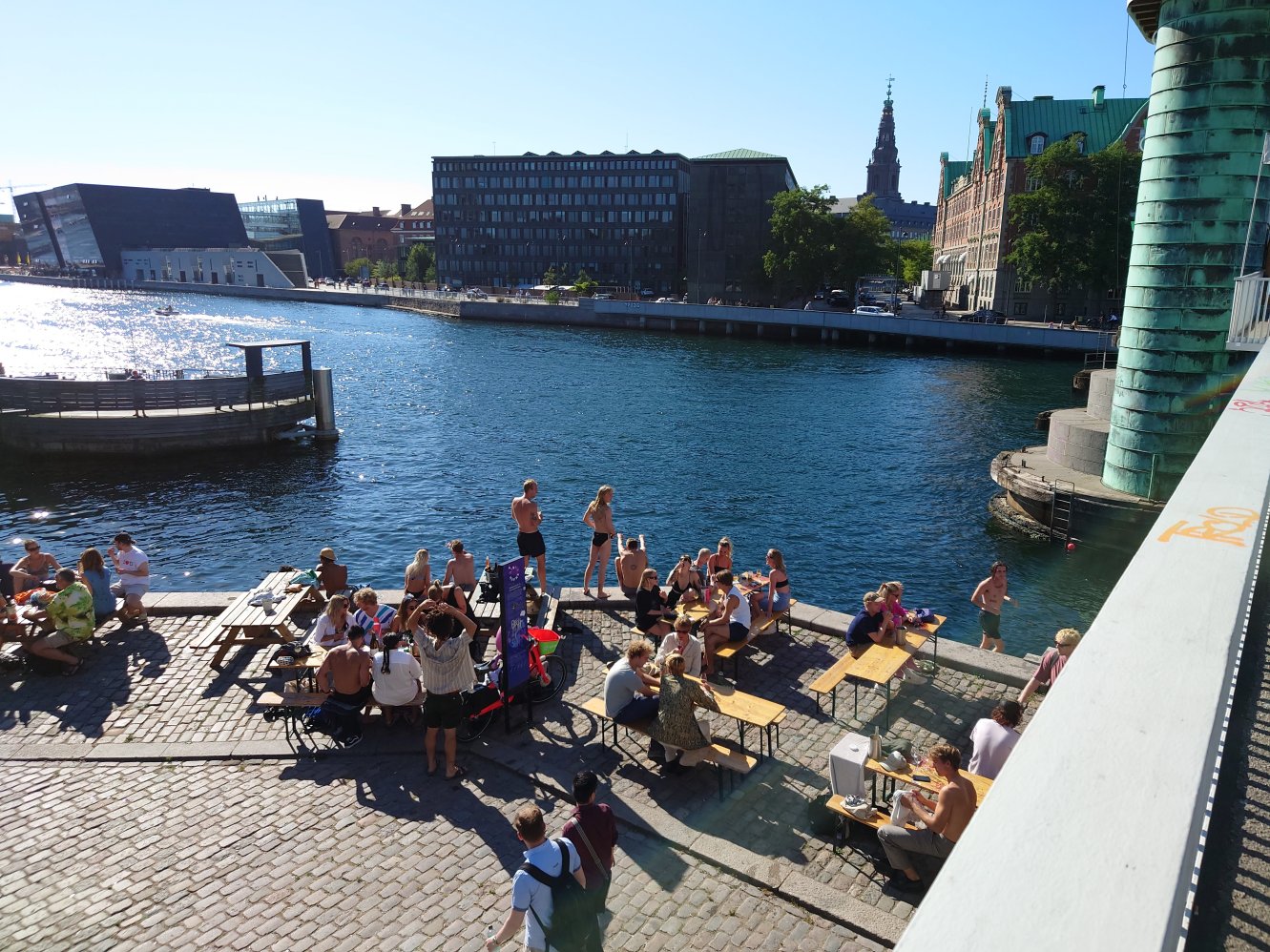

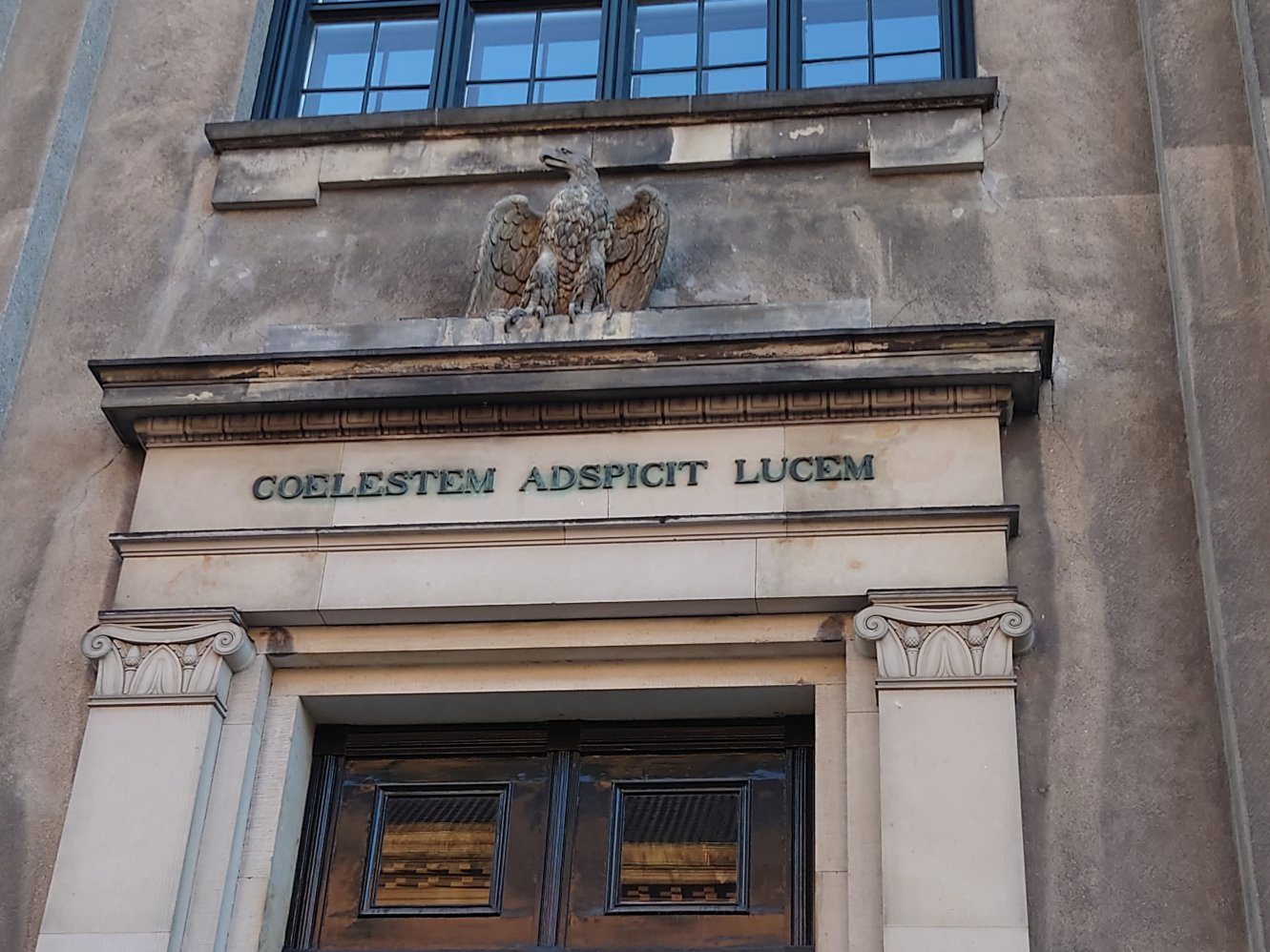

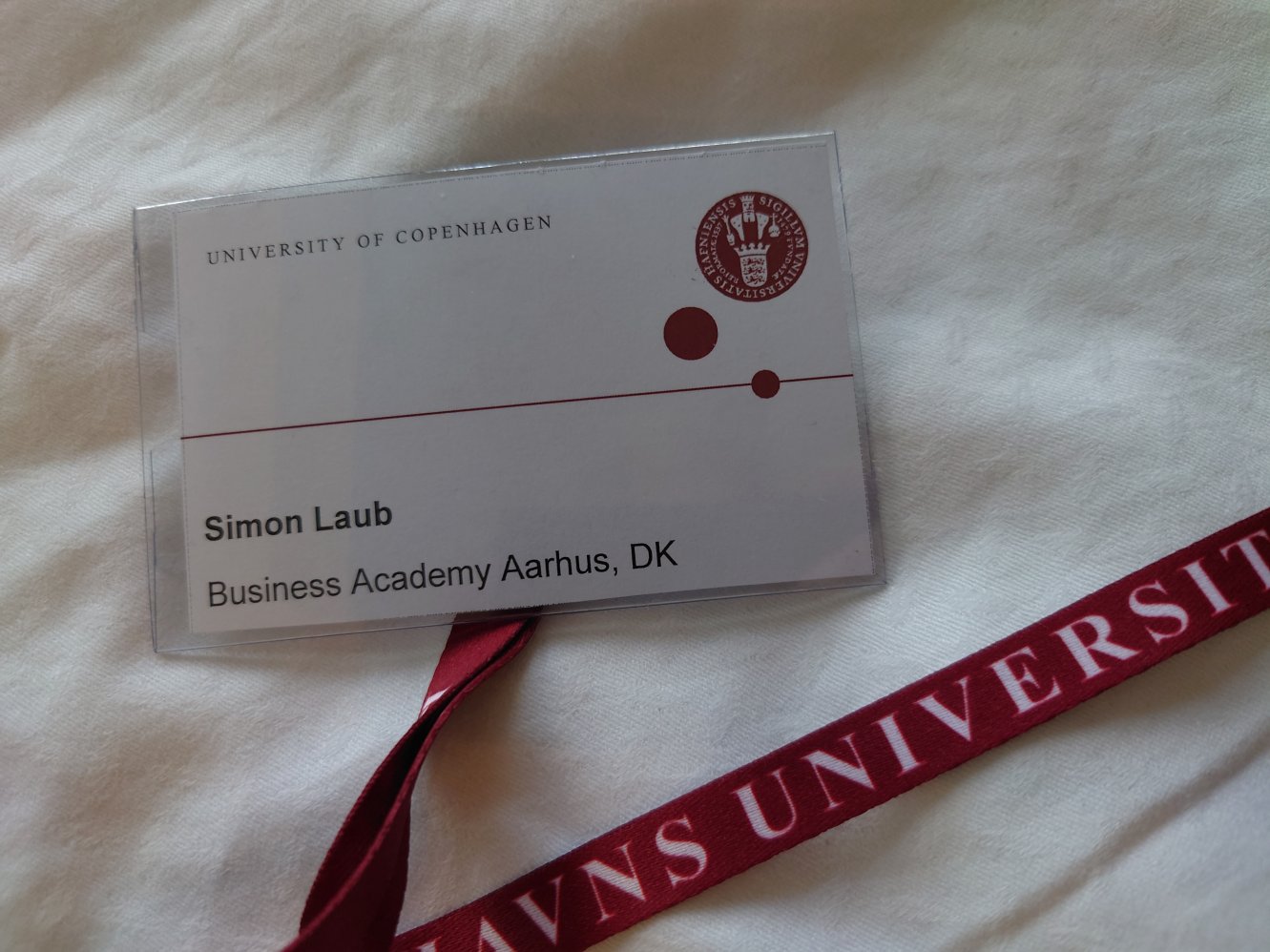


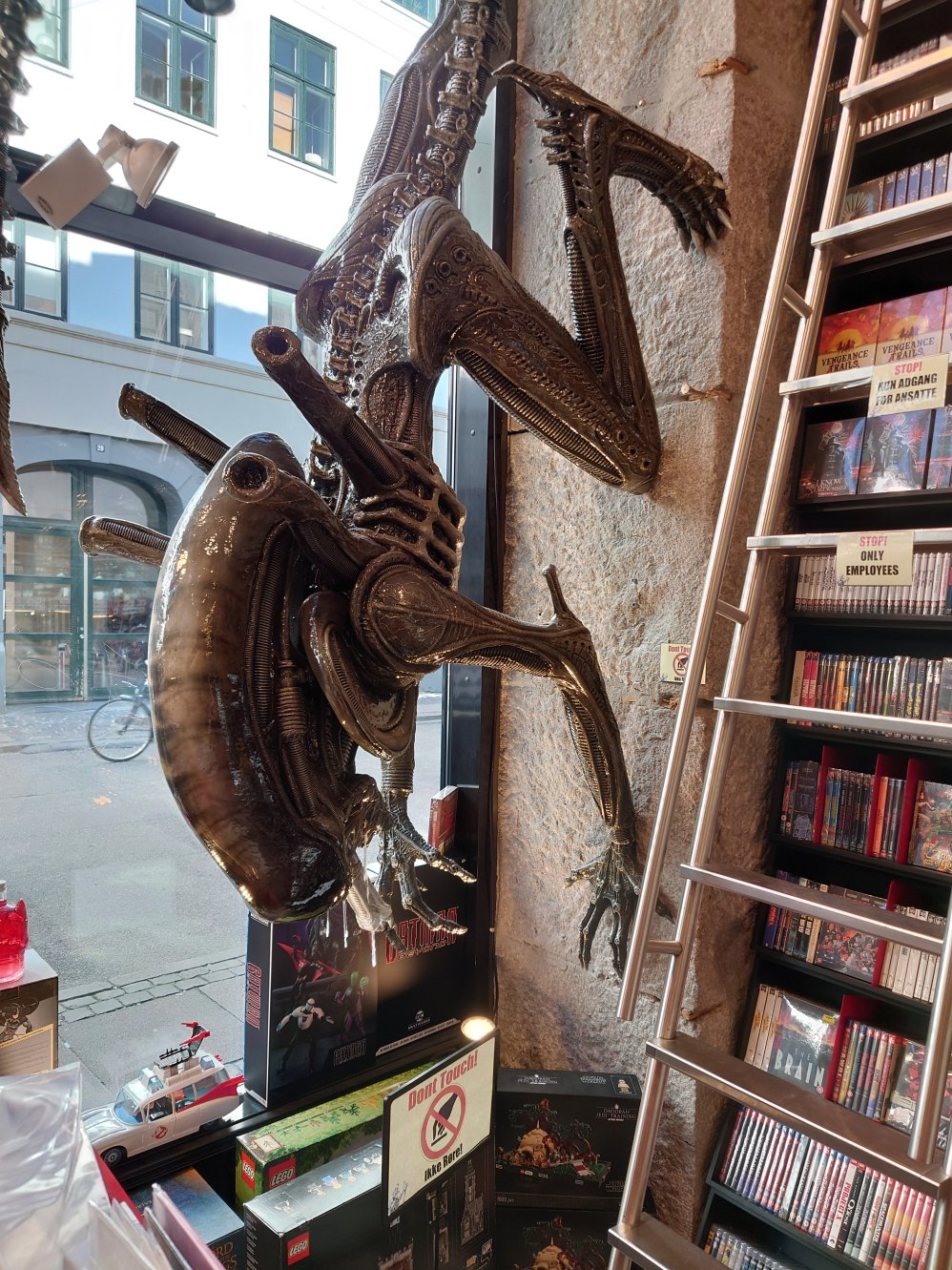
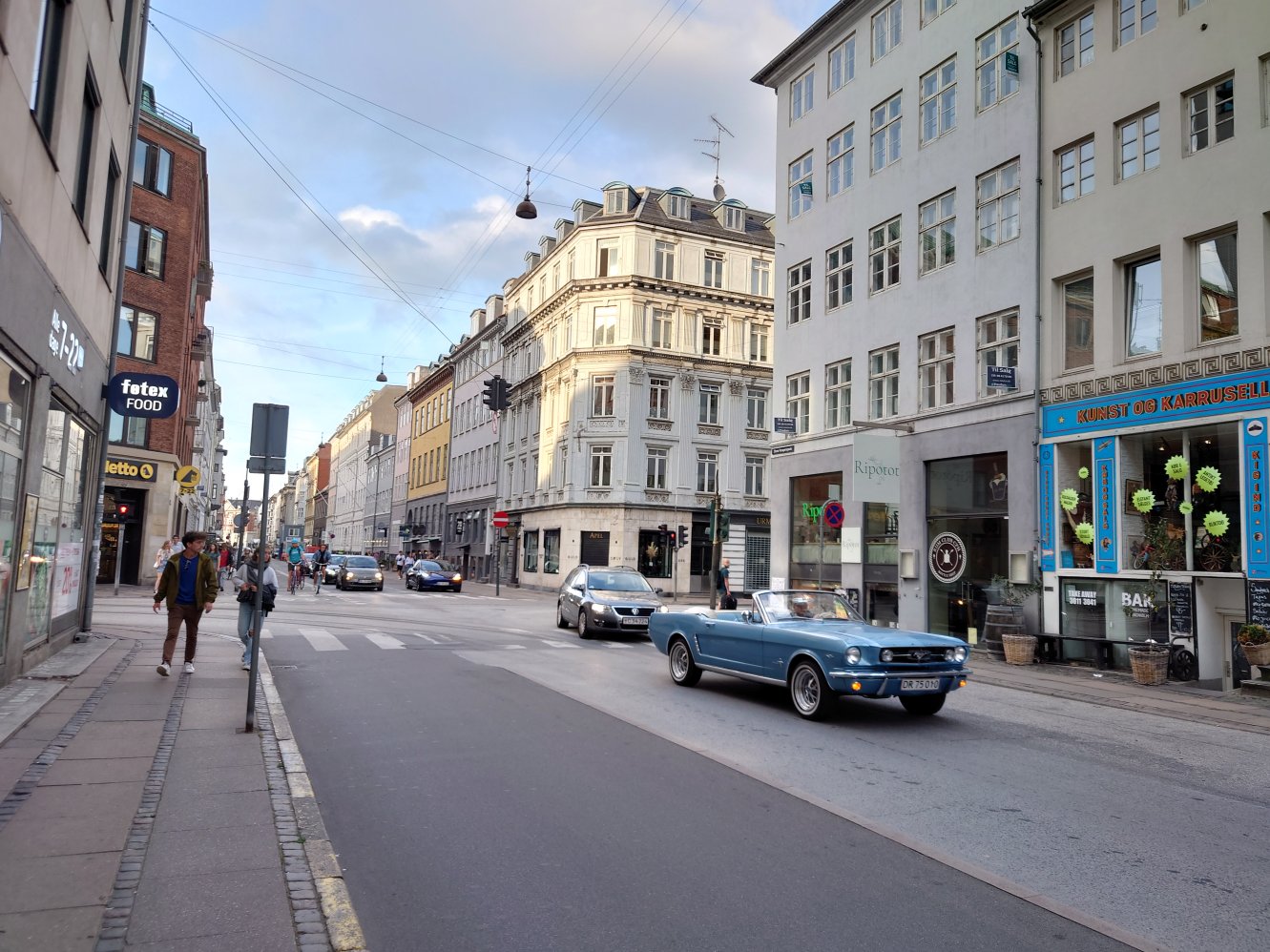
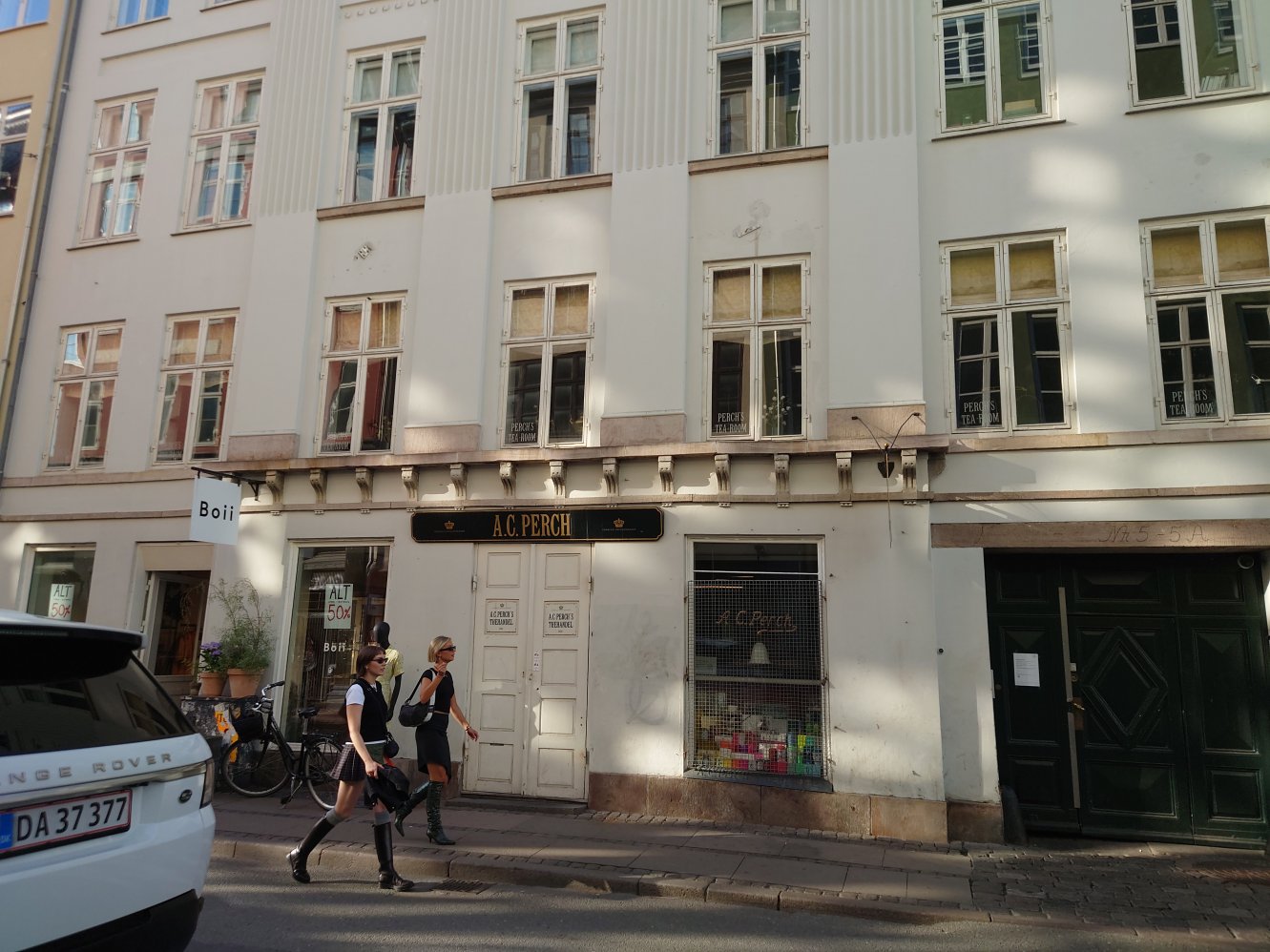



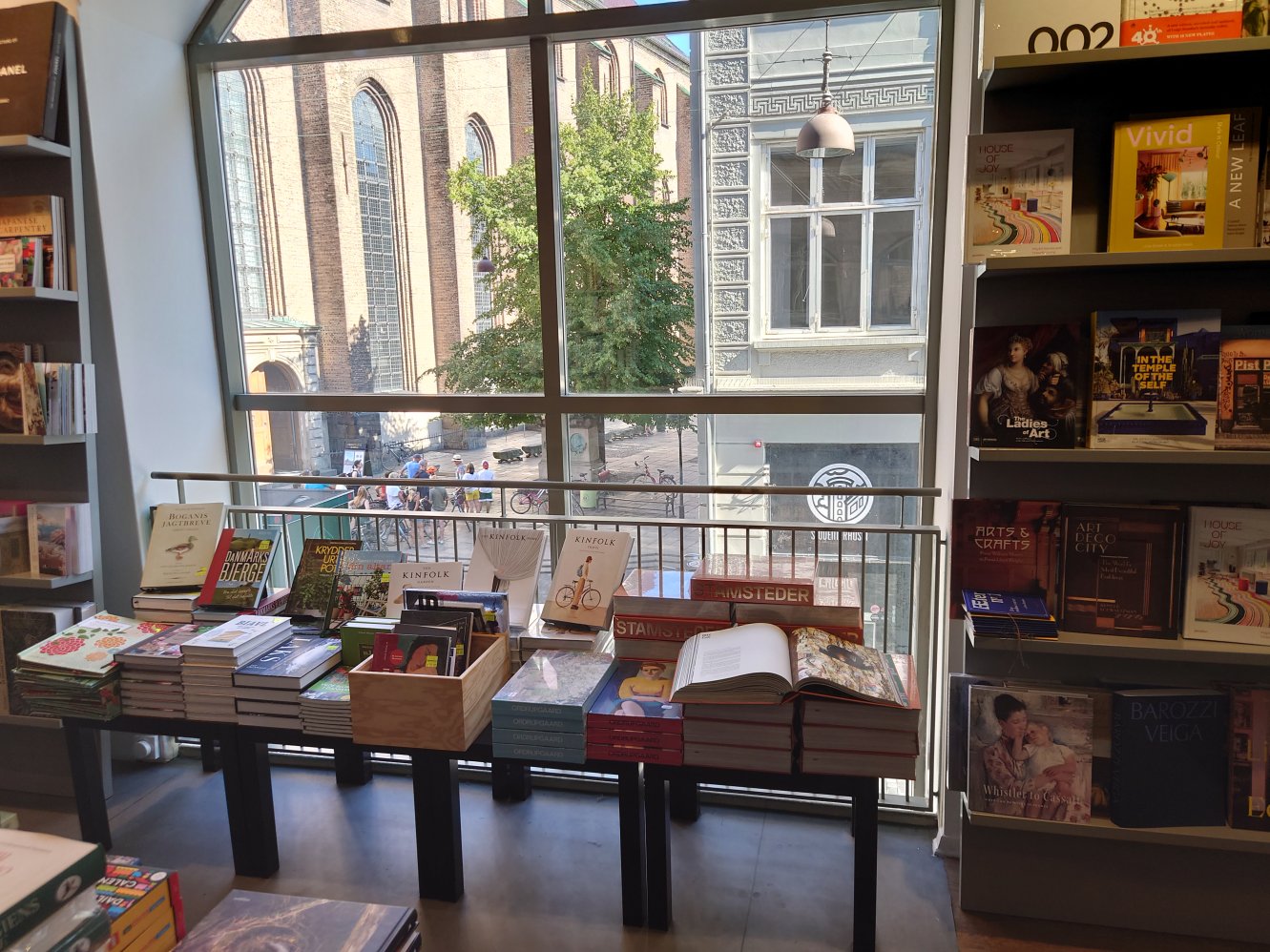
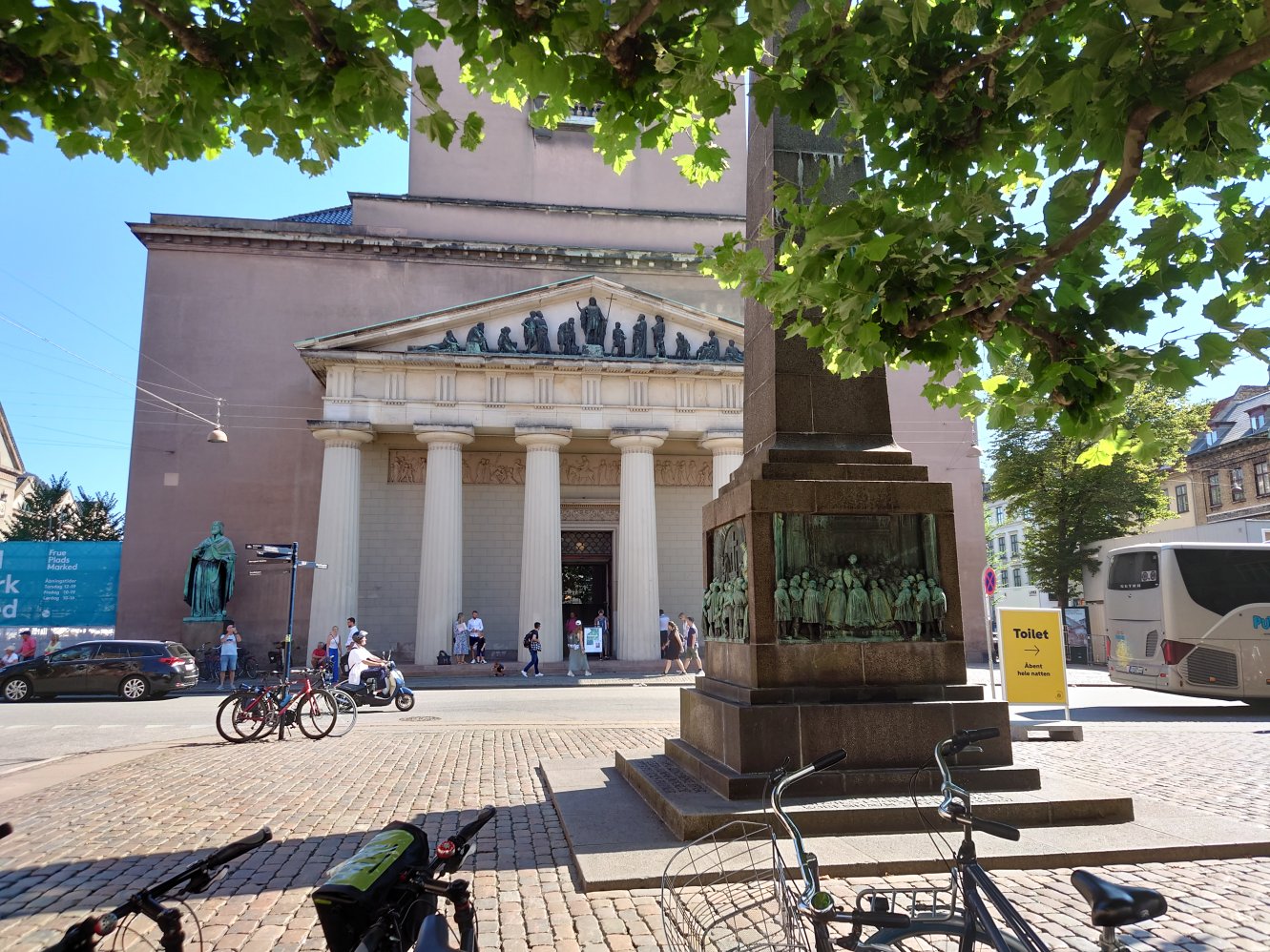



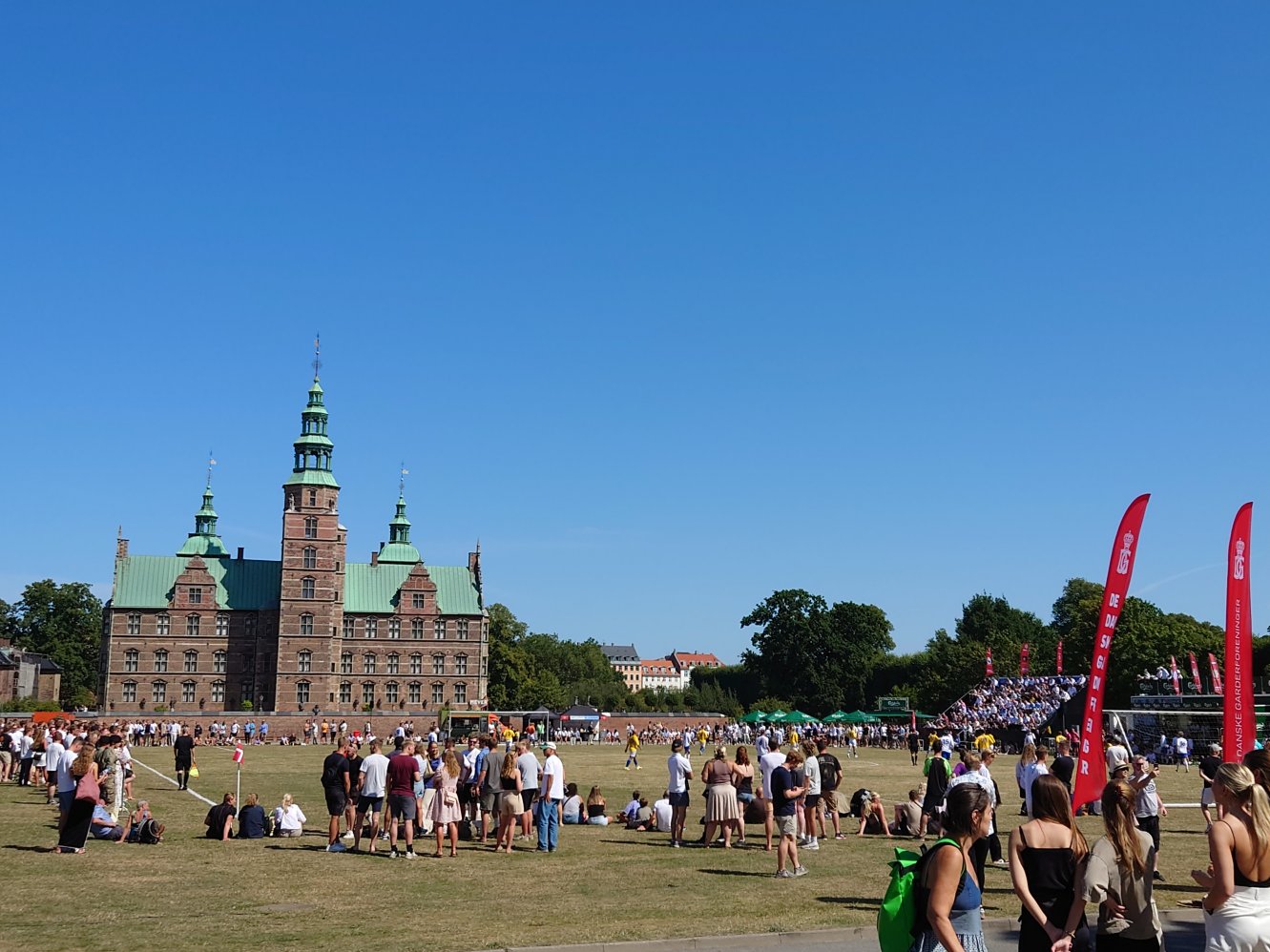

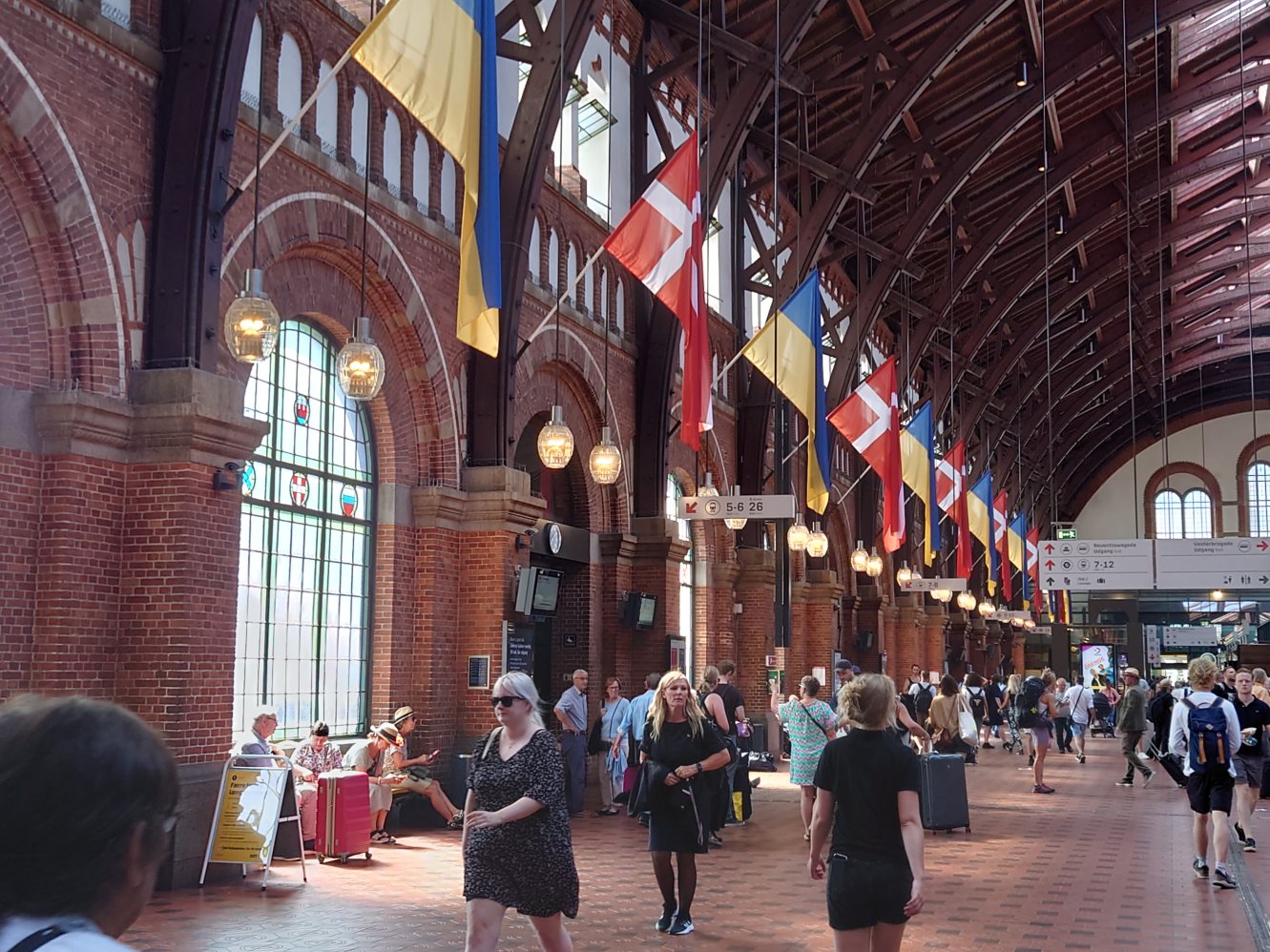
-Simon
Simon Laub (Let me Google that for you).
www.simonlaub.net
Most people cannot be pigeonholed as purely good or purely evil. Their motives are mixed, confused, and mutable.Mallaby continues:
Krugman should/will surely be the first to admit that his journalism, in the book ''Arguing With Zombies: Economics, Politics, and the Fight for a Better Future'' (like his research), is founded on radical simplification.Well, well, perhaps...
Like those economic models that assume people are perfectly rational, he presumes that his adversaries are perfectly corruptible.
This is elegantly clarifying. But, to borrow one of Krugman's own phrases, it may mistake beauty for truth.
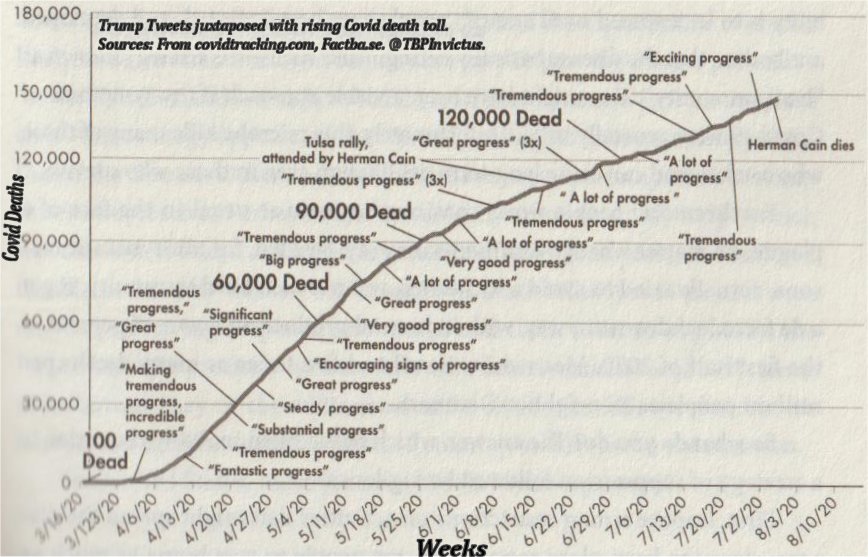
-Simon
Simon Laub (Let me Google that for you).
www.simonlaub.net



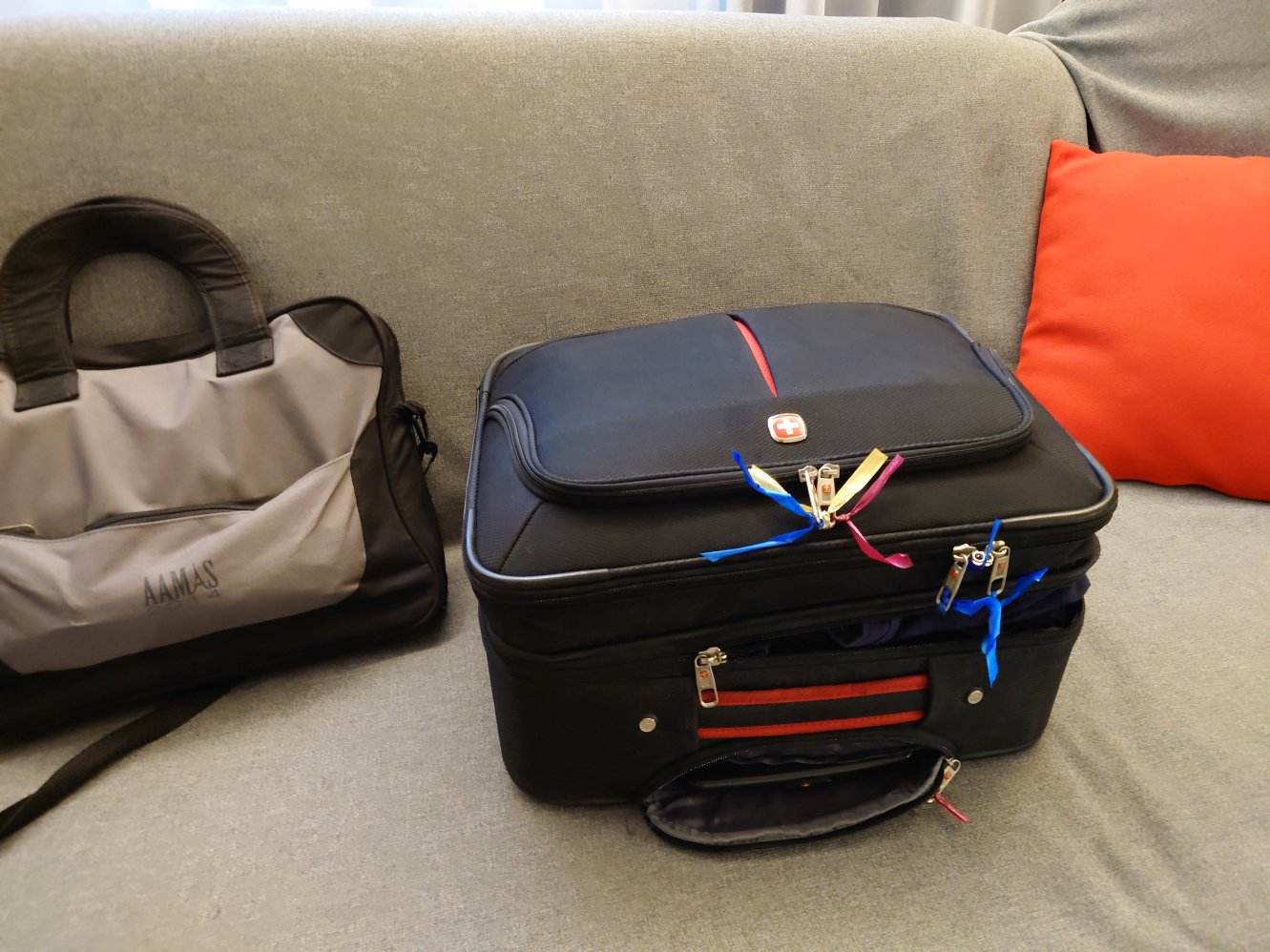


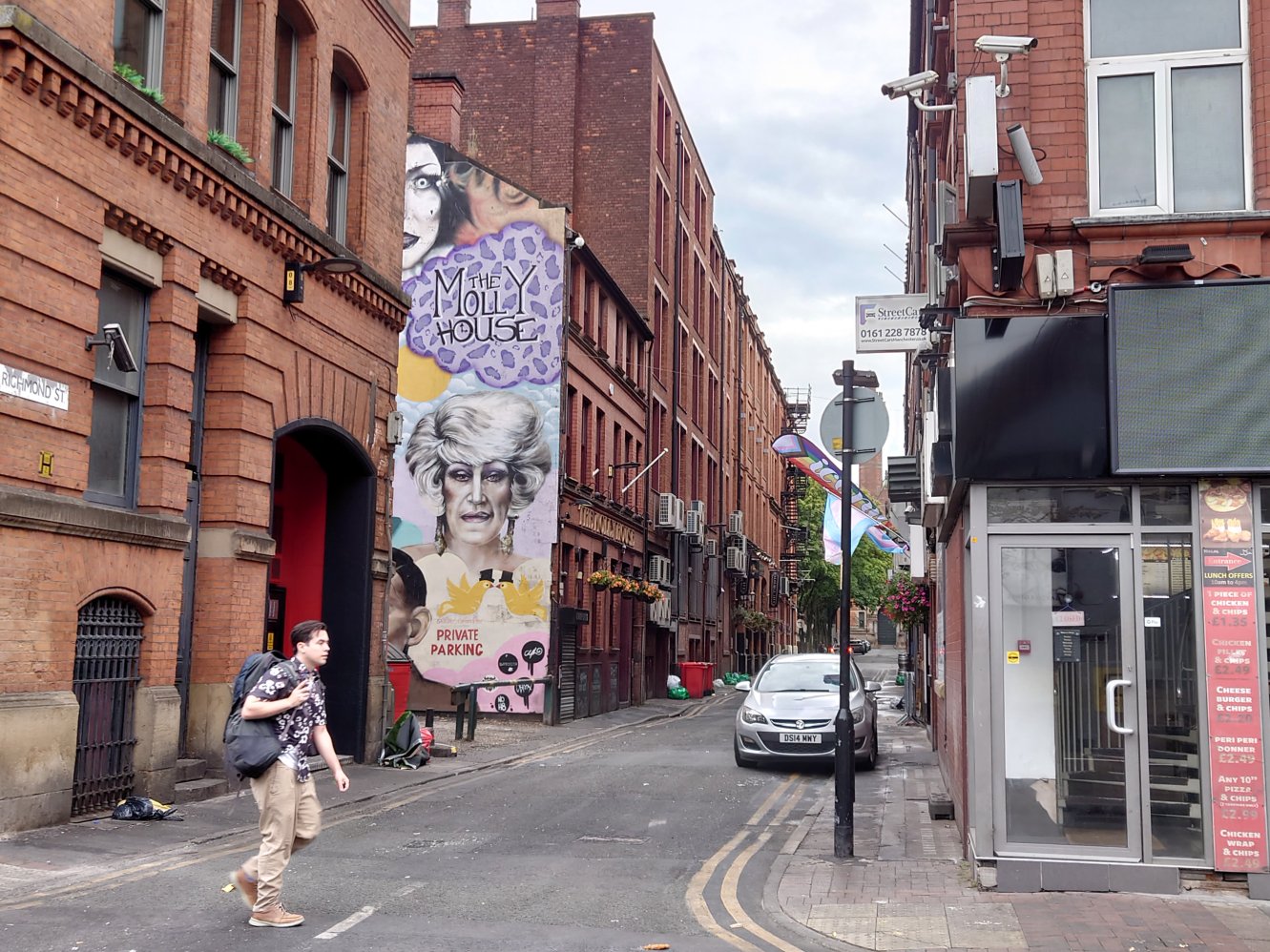


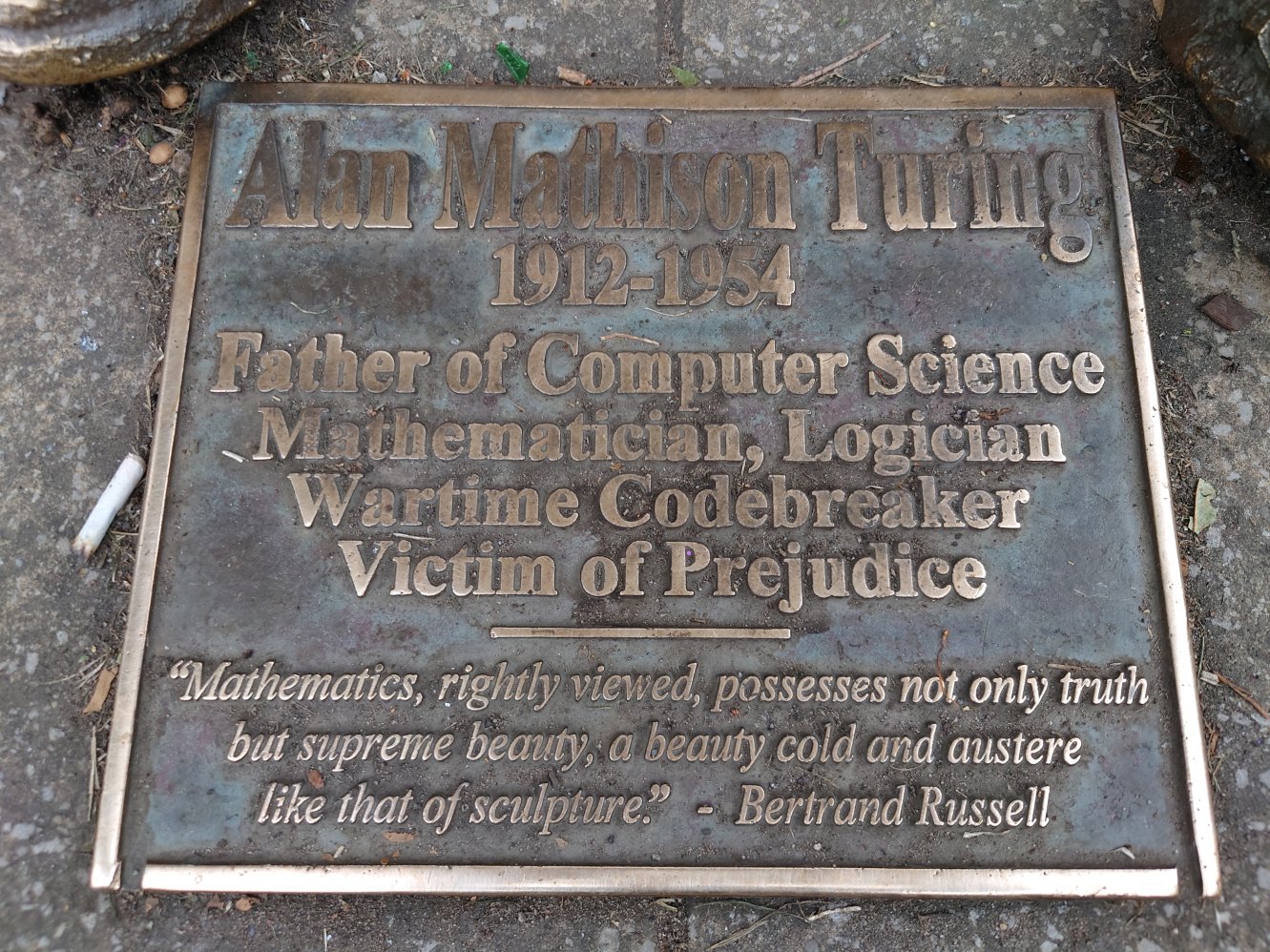
Turing Memorial, Manchester.
Alan Turing - widely considered to be the father of theoretical computer science and artificial intelligence. Turing died on 7 June 1954, 16 days before his 42nd birthday, near Manchester, from cyanide posening An inquest determined his death as a suicide. As the story goes, on 7 June, 1954, he committed suicide by eating an apple laced with cyanide.
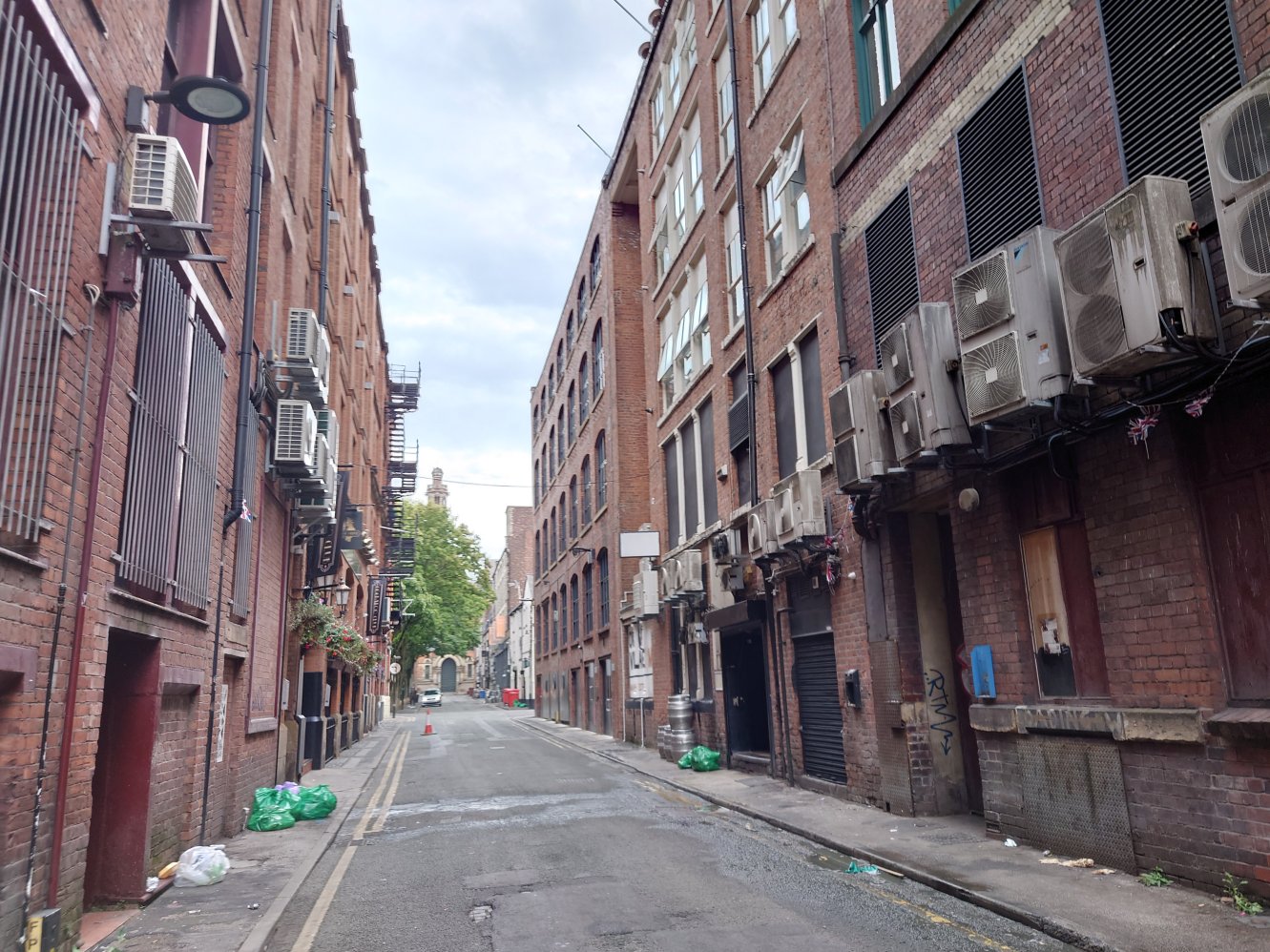



-Simon
Simon Laub (Let me Google that for you).
www.simonlaub.net